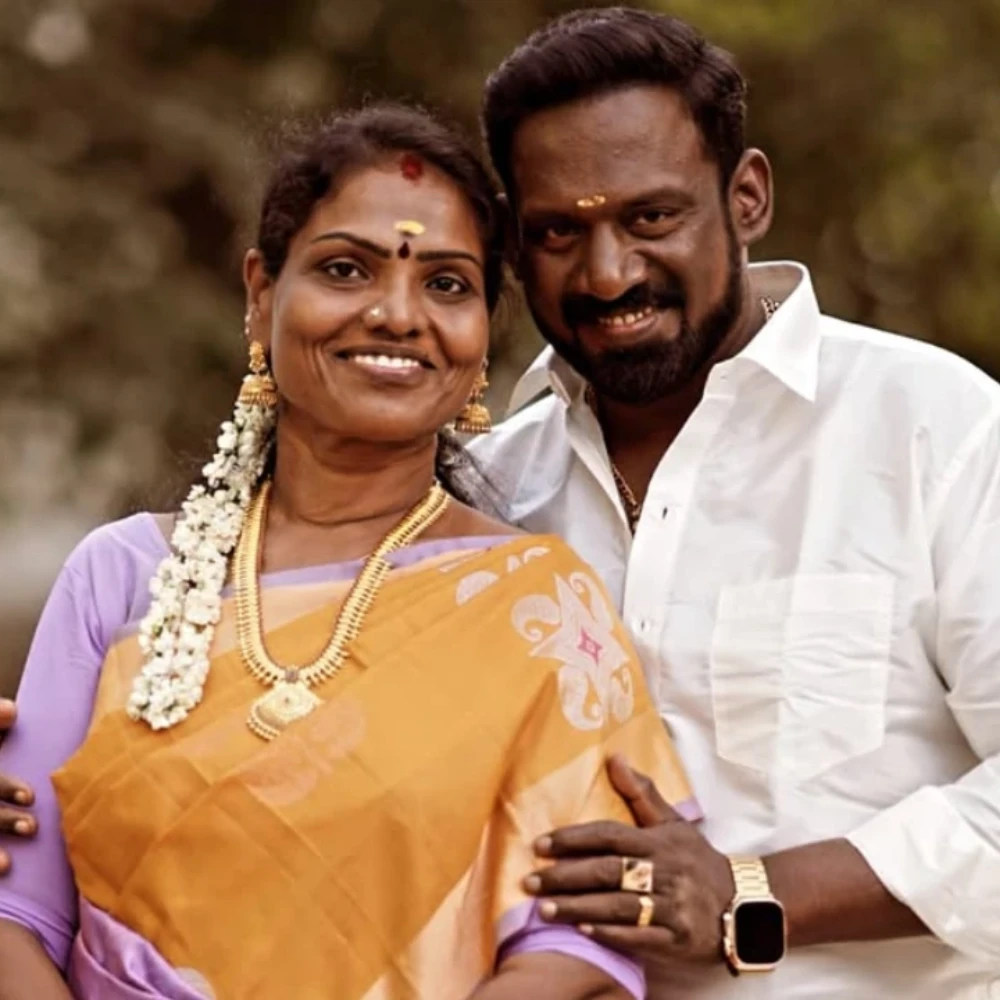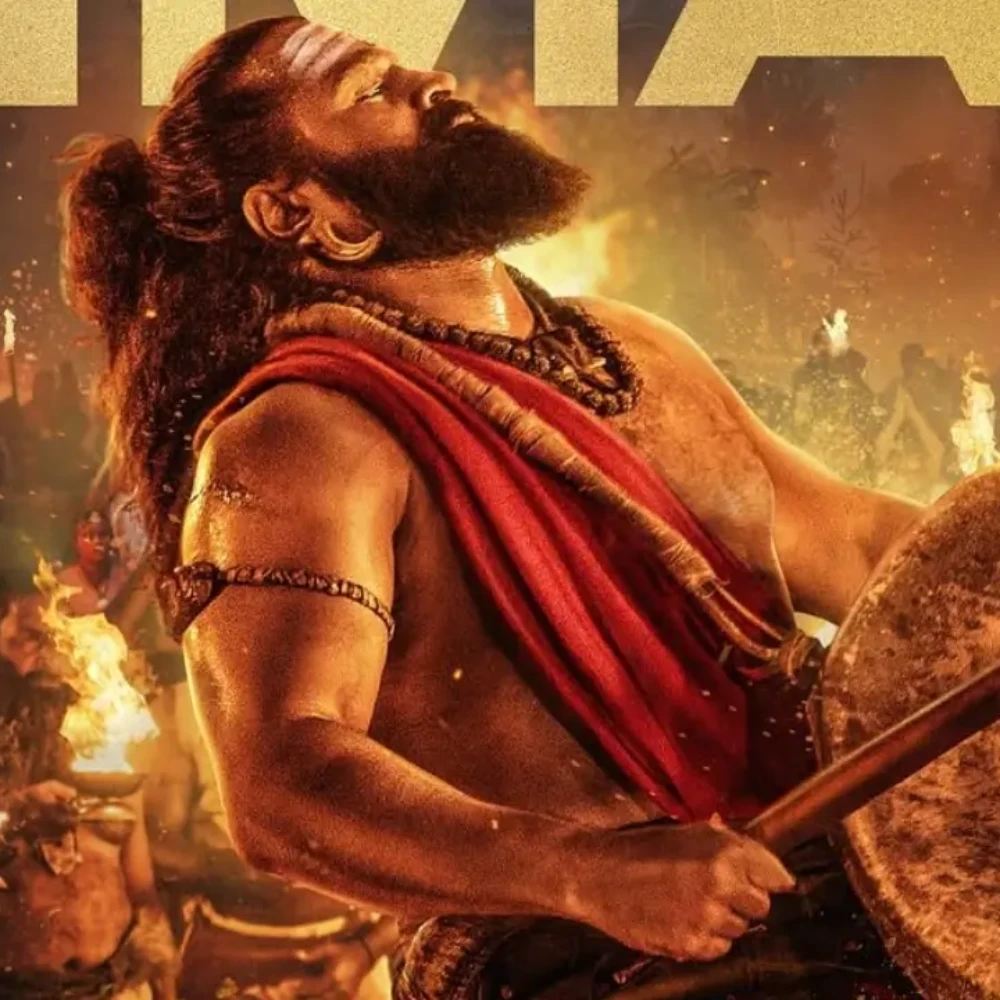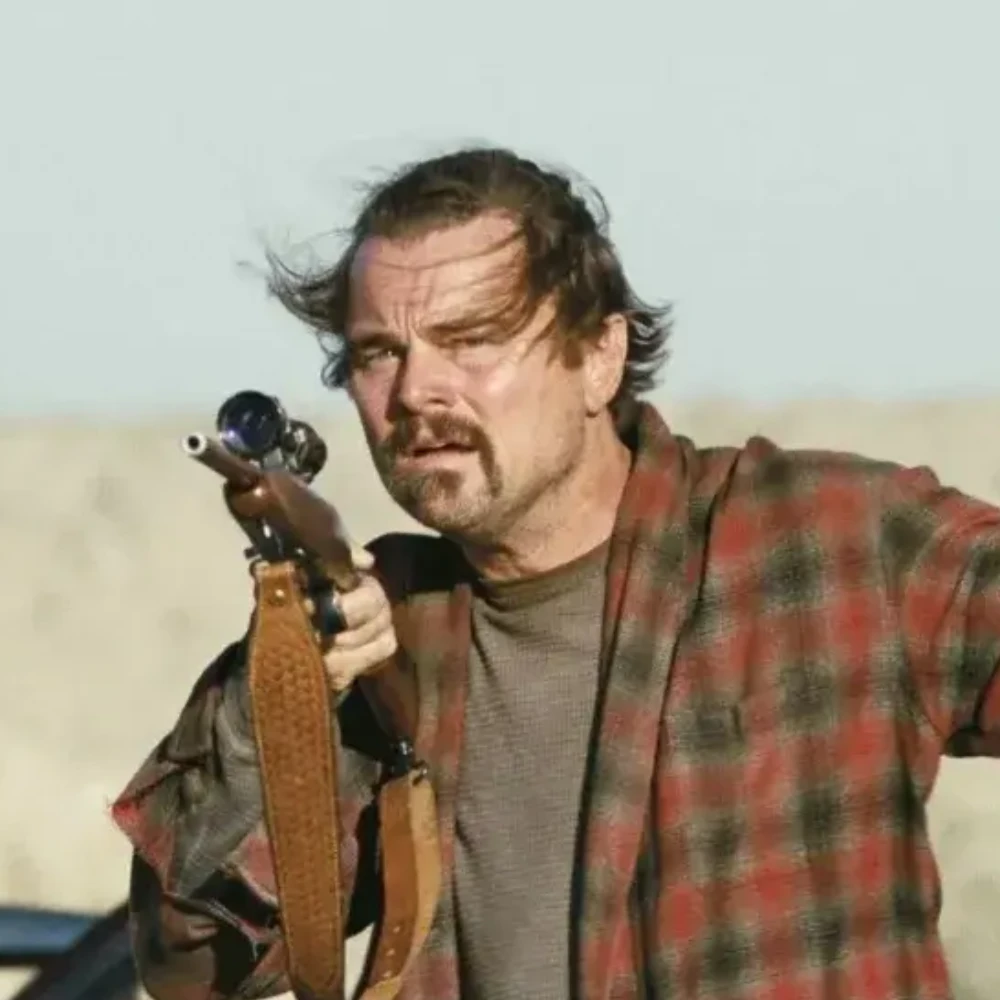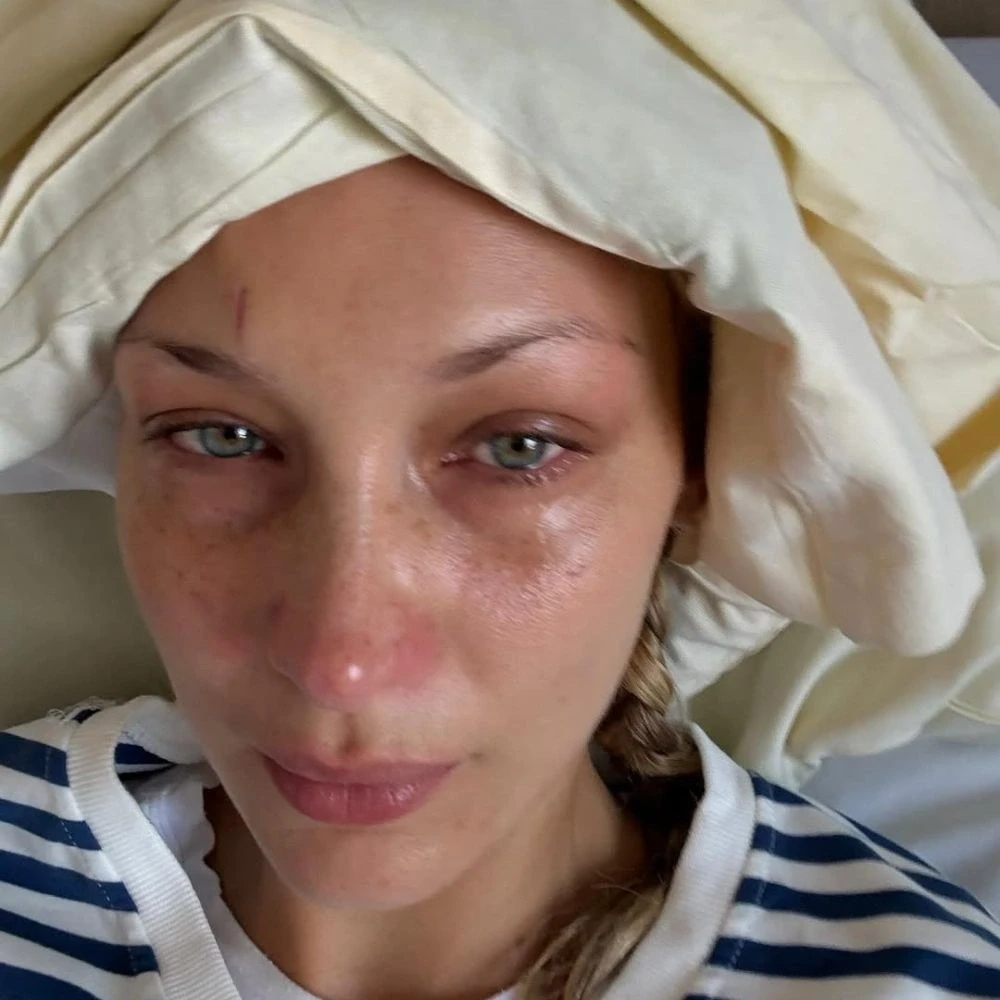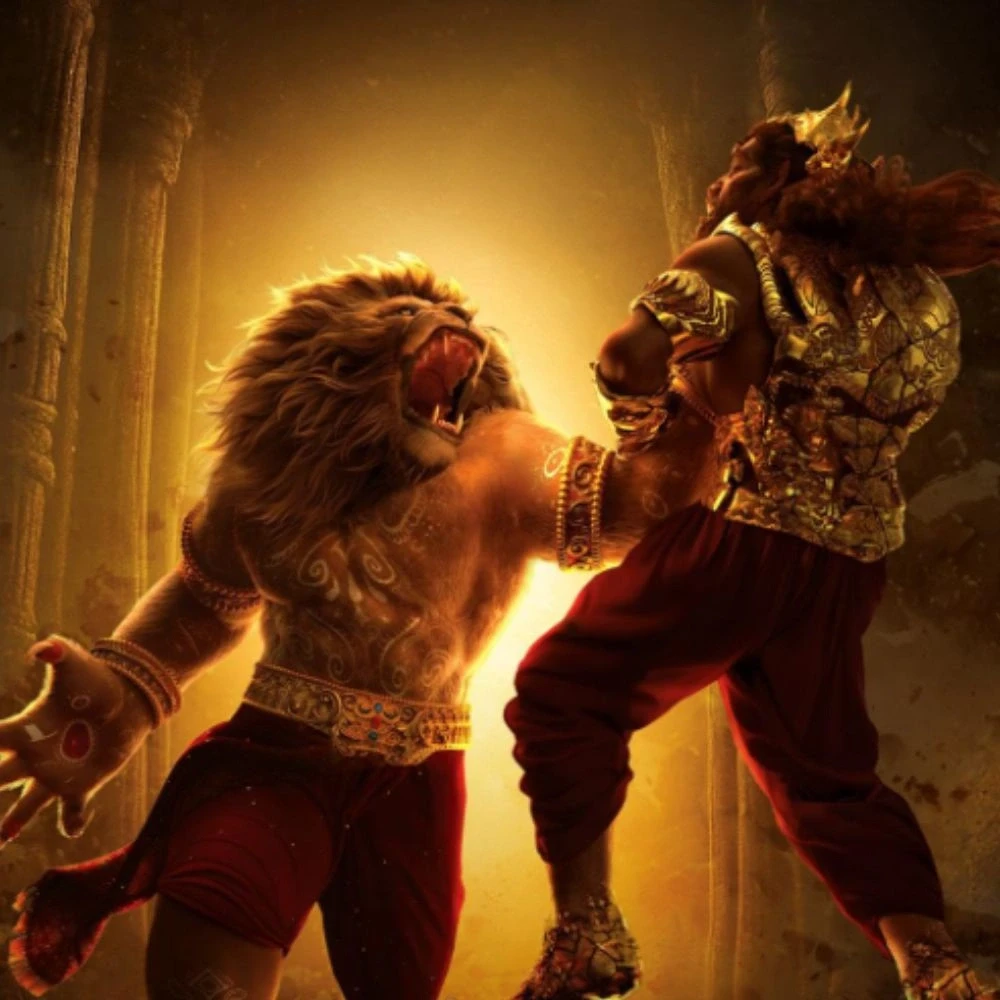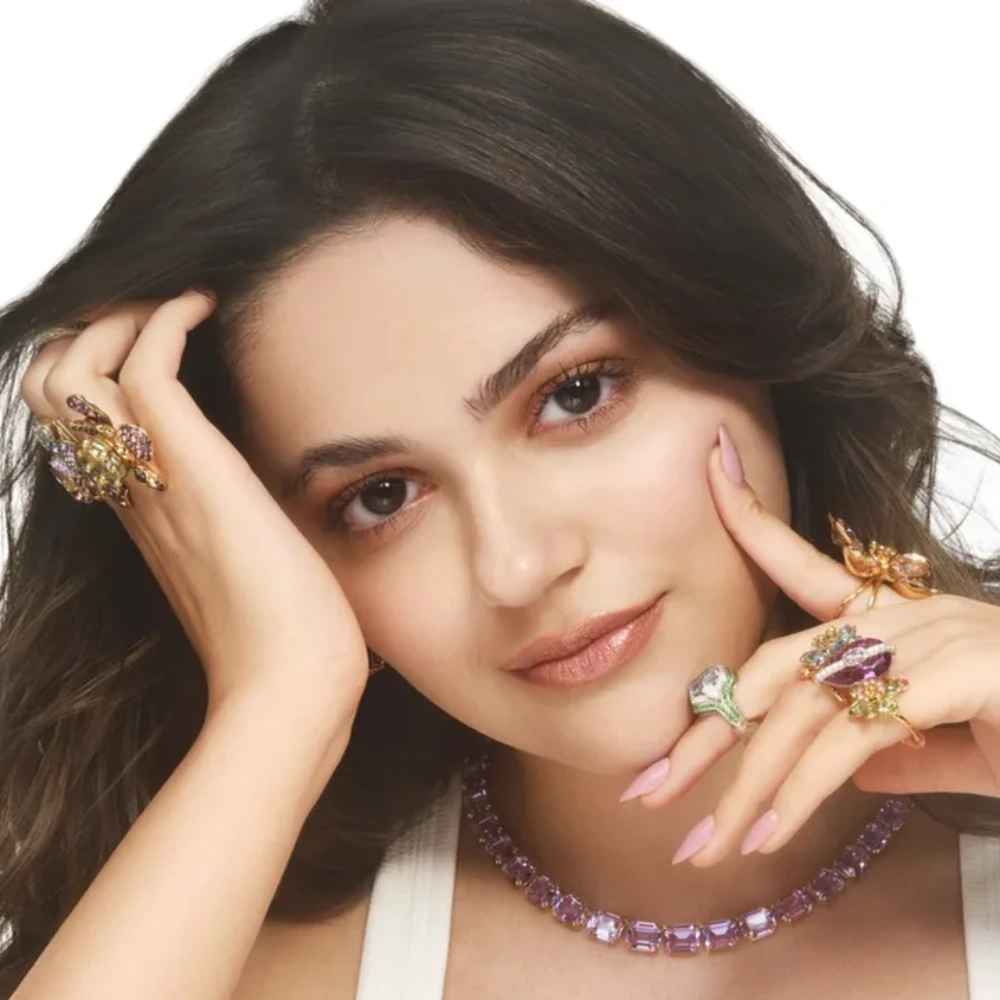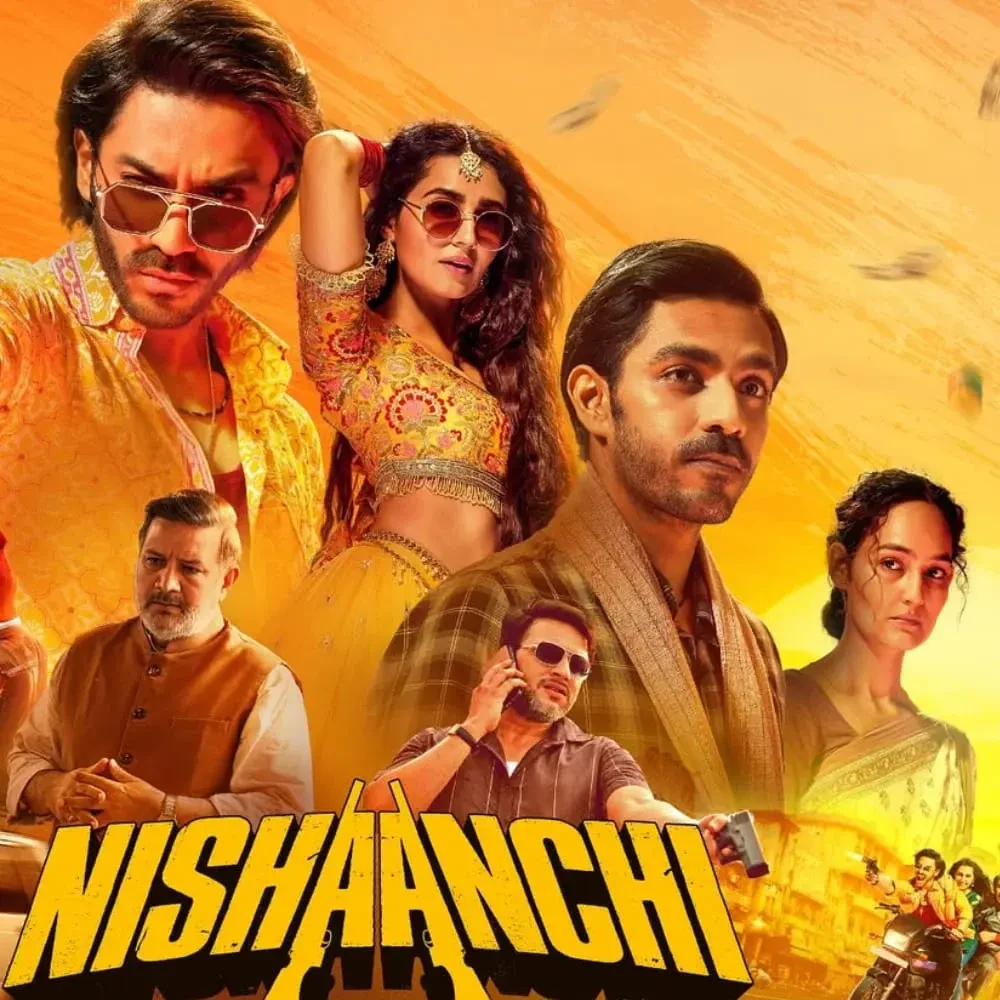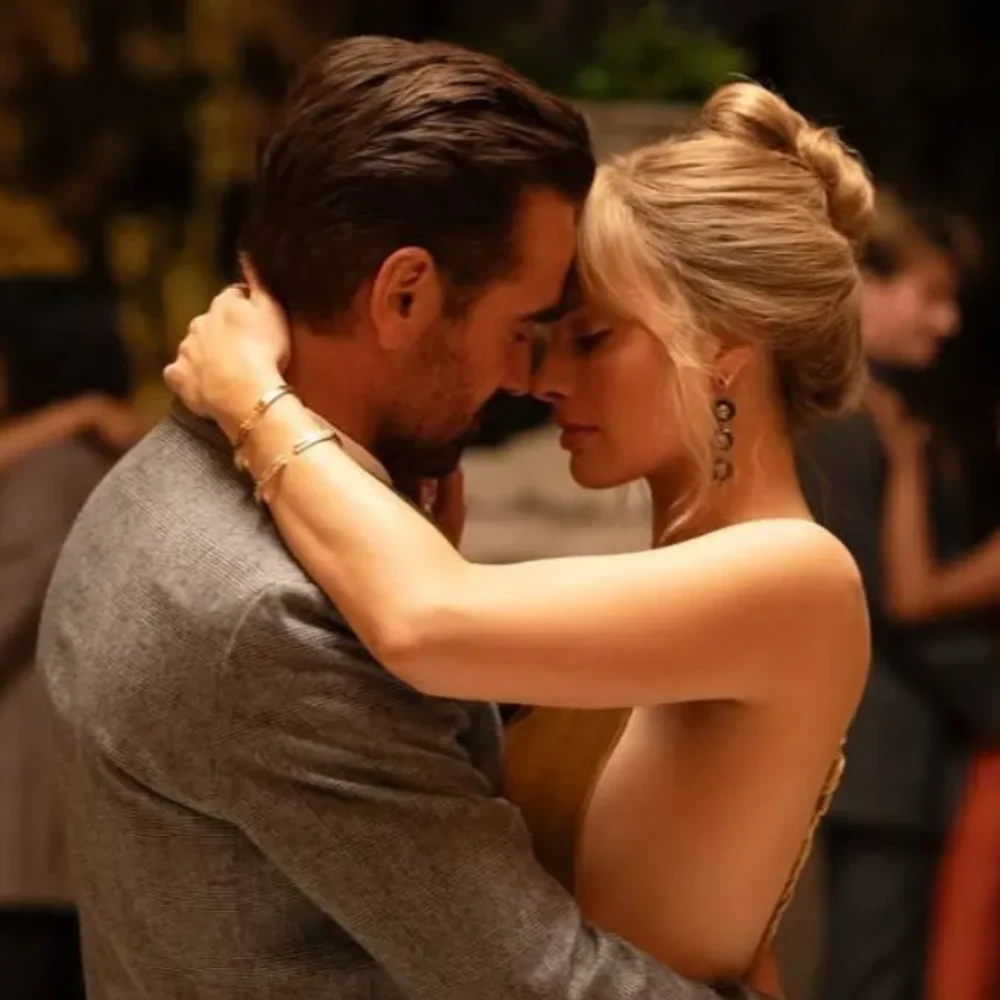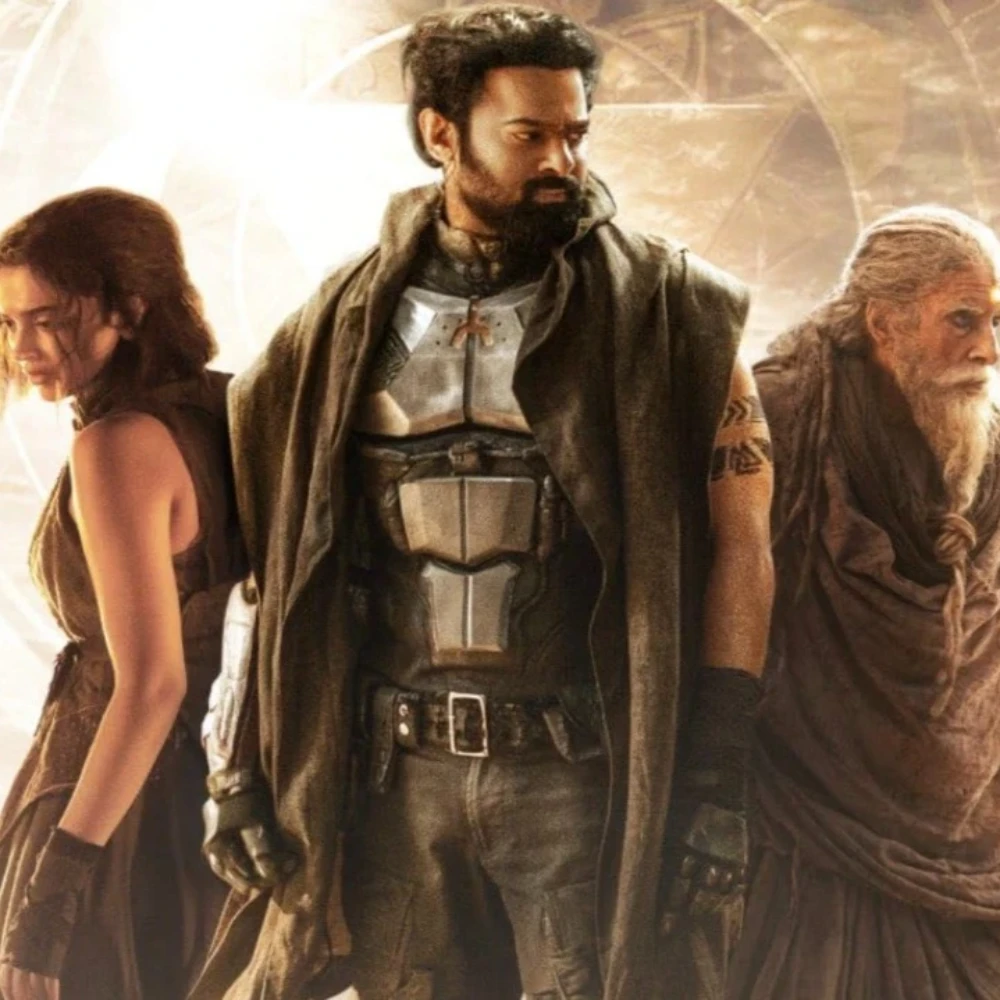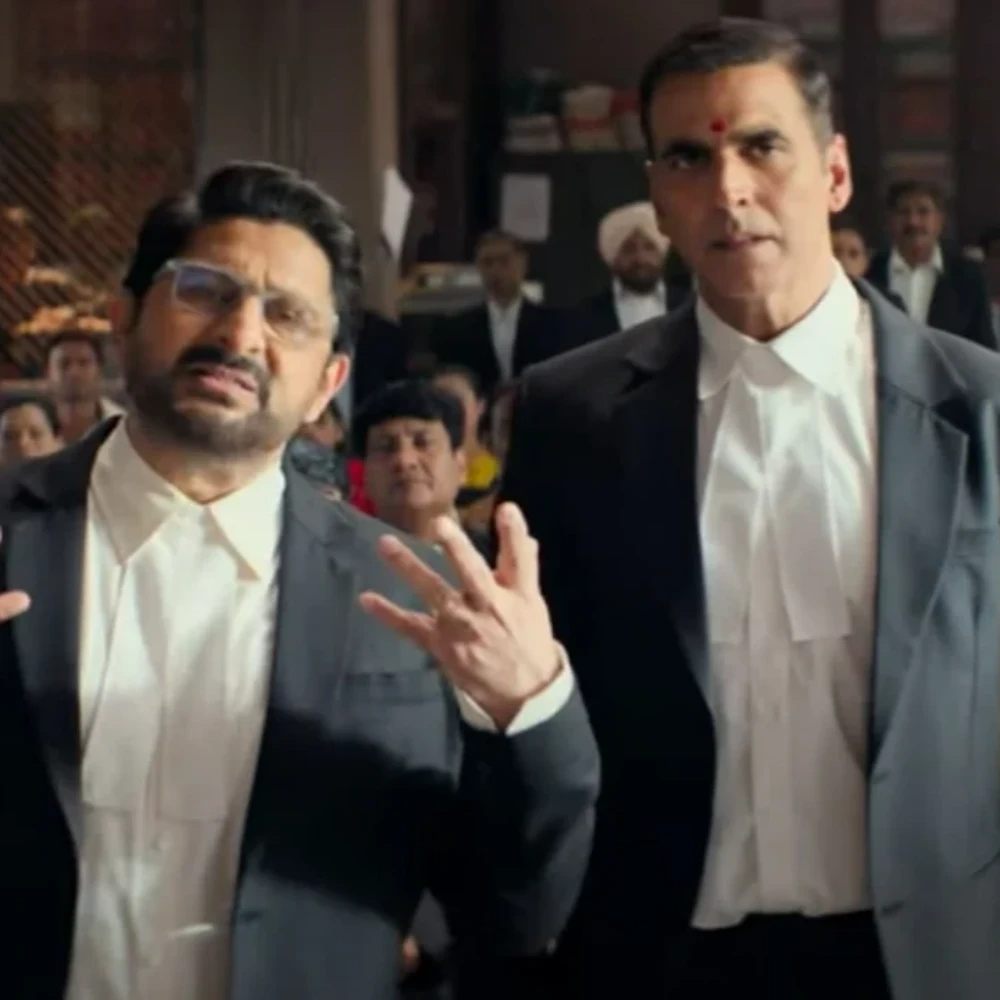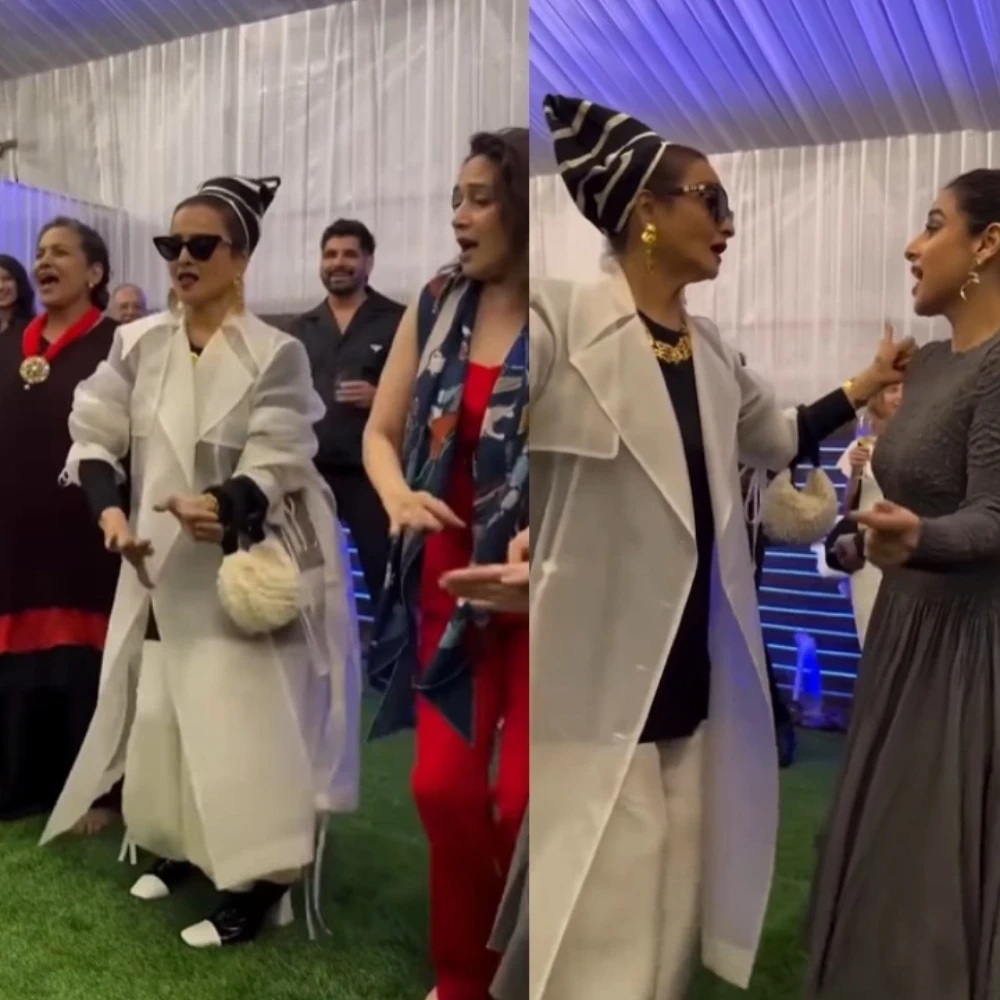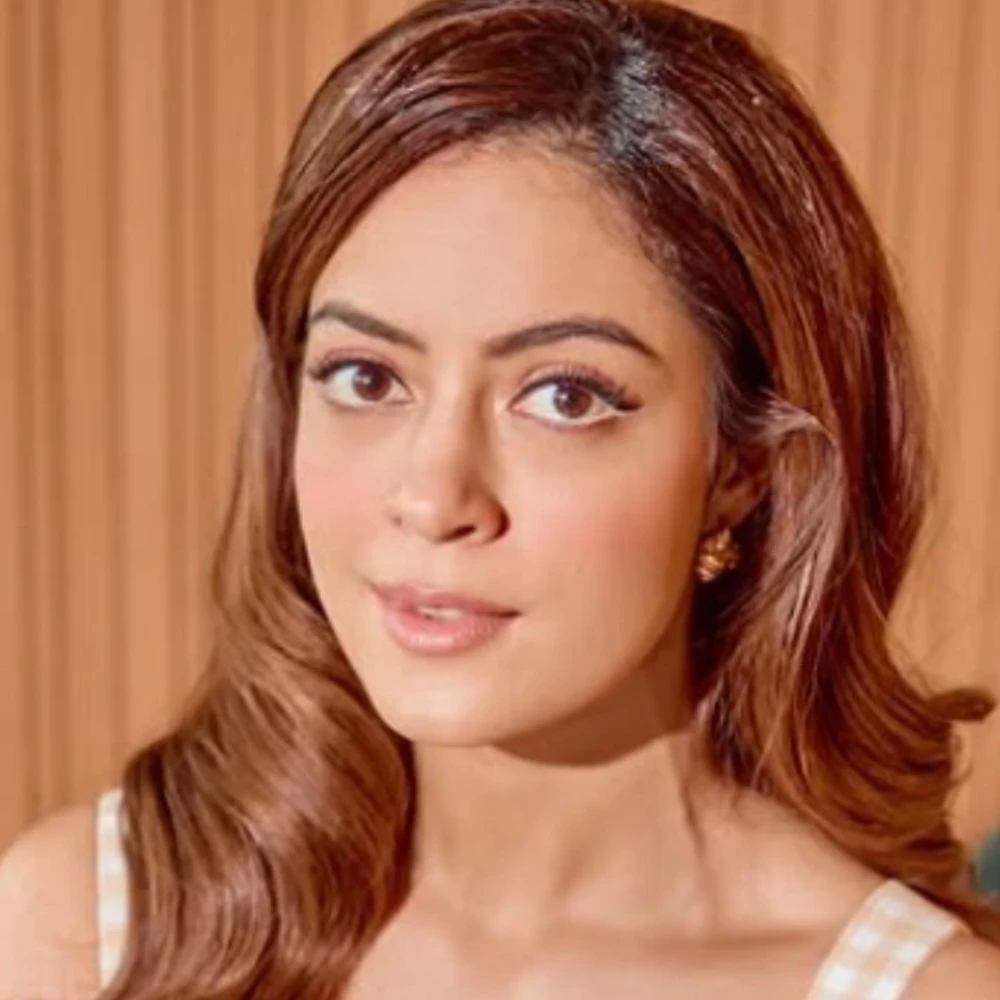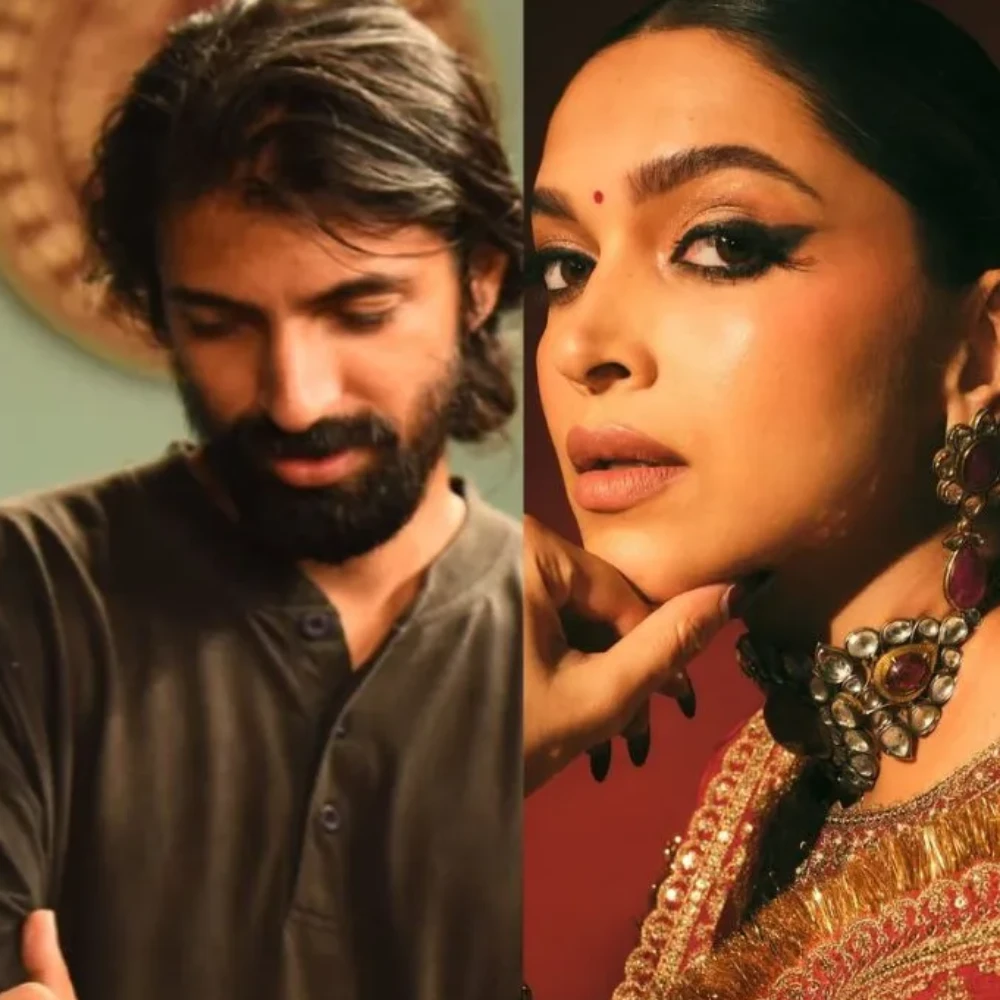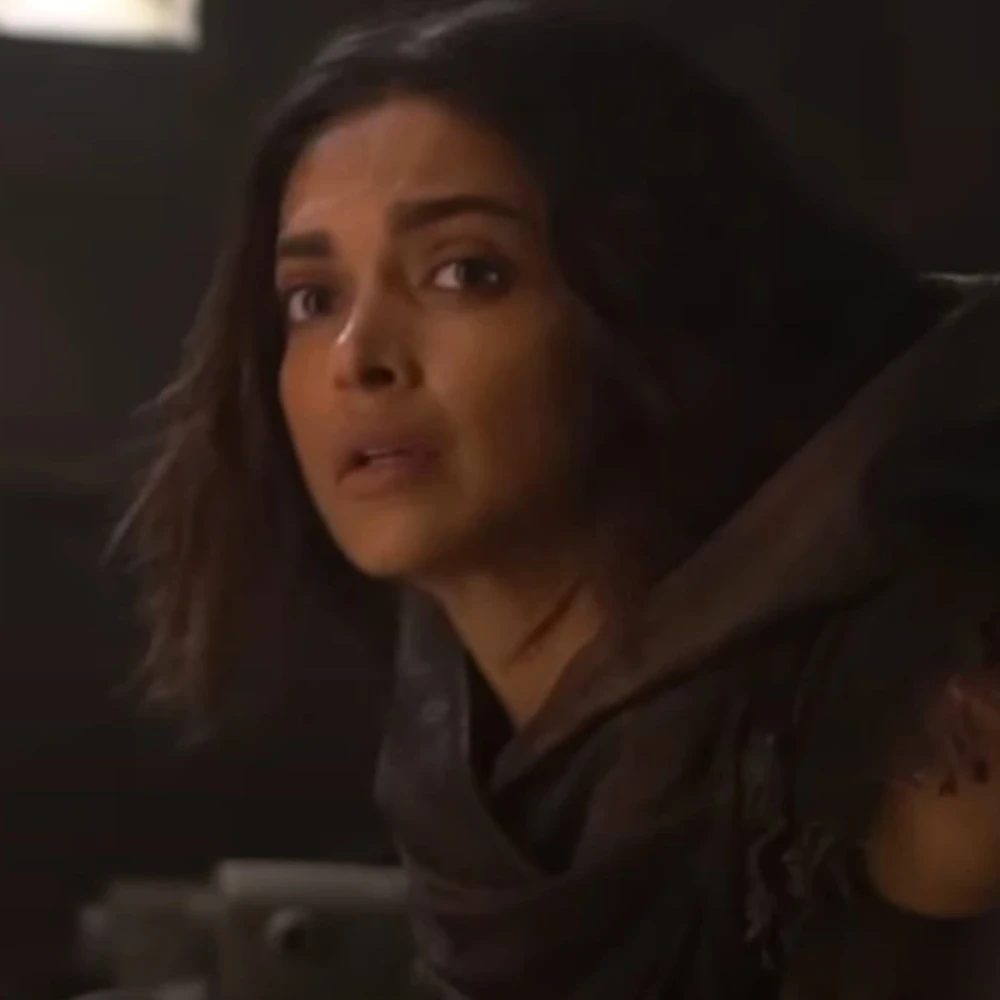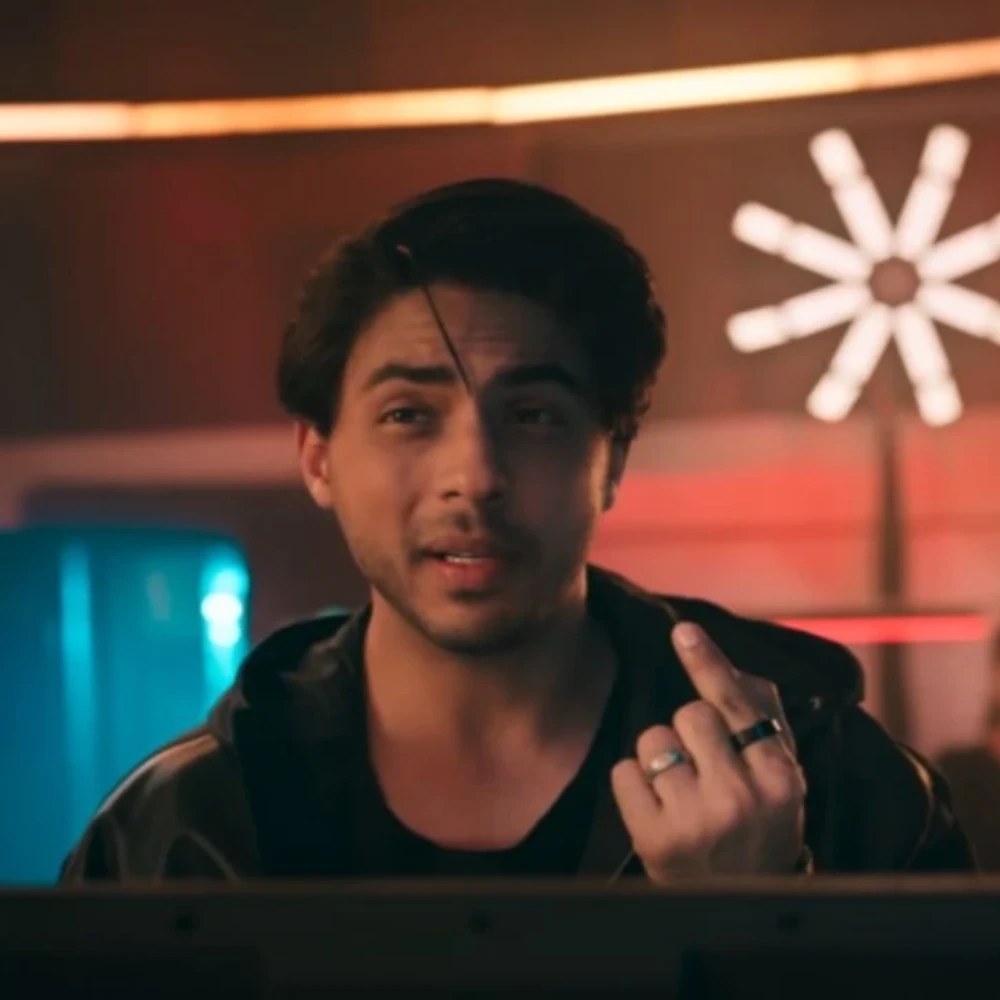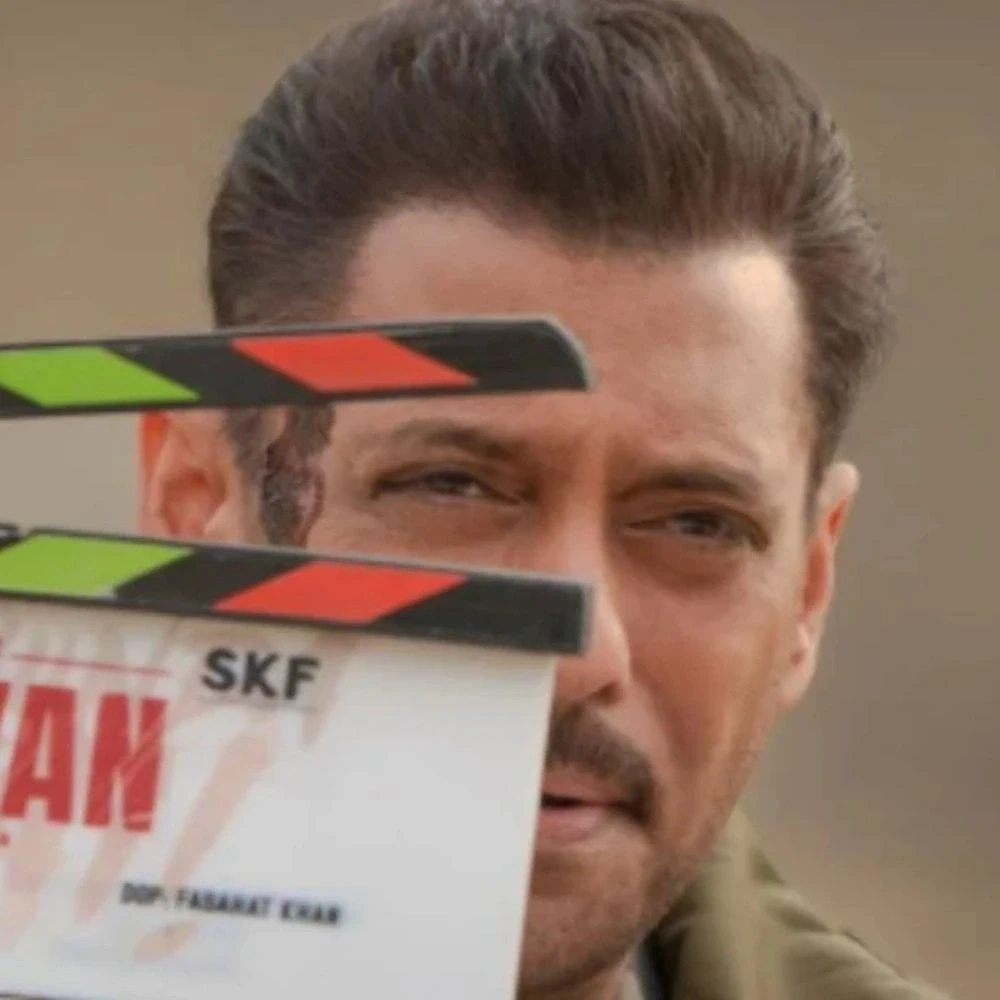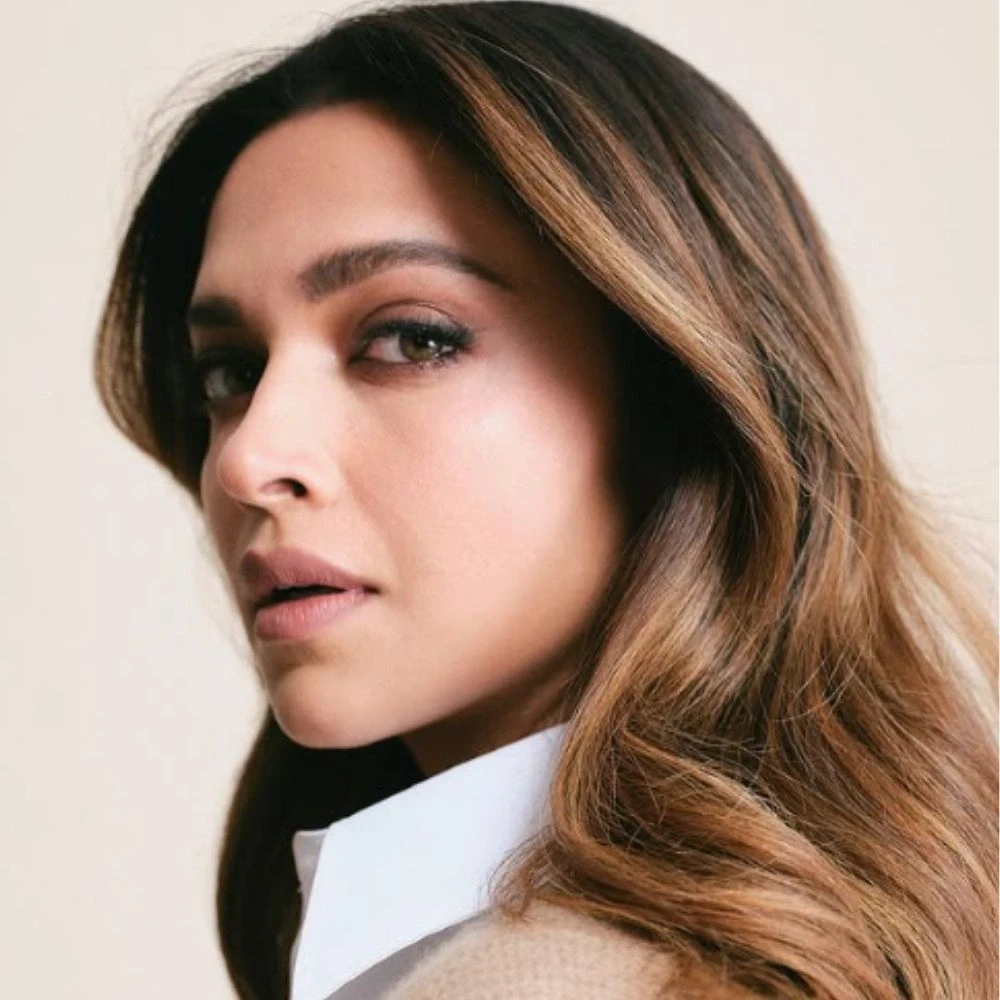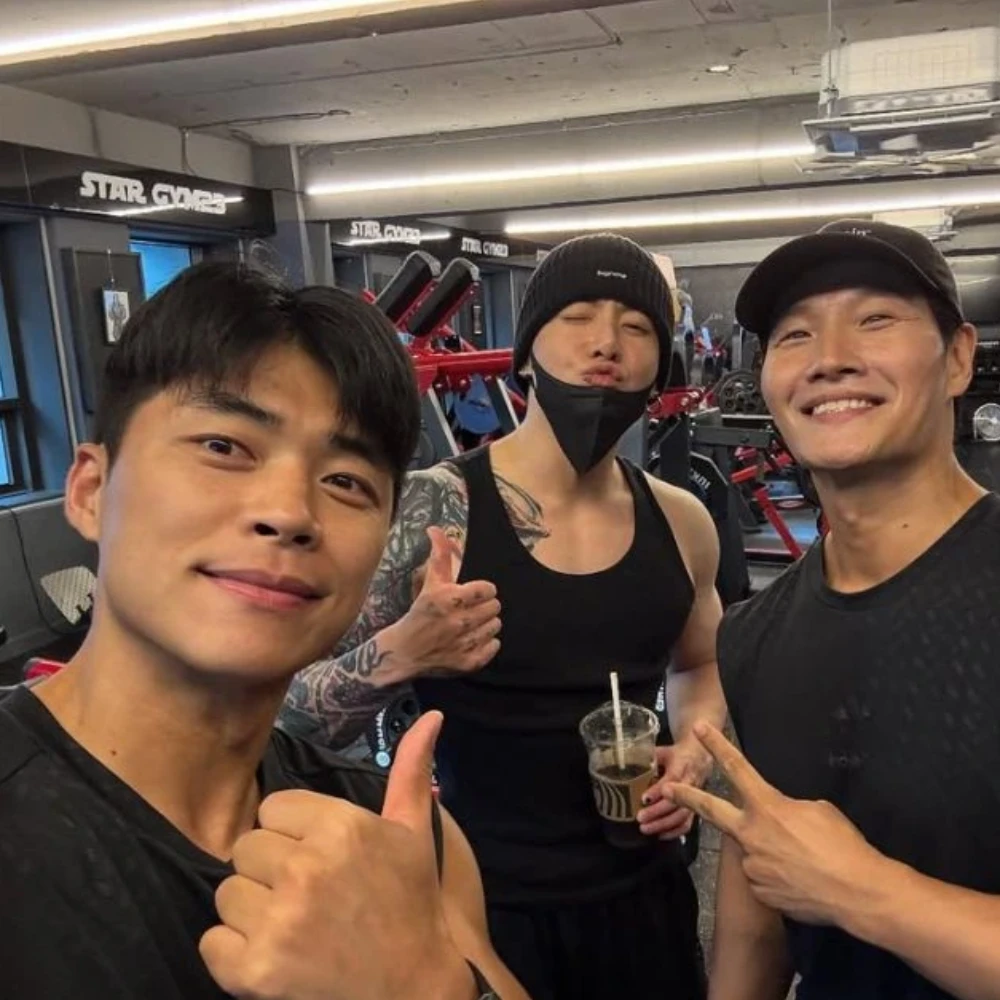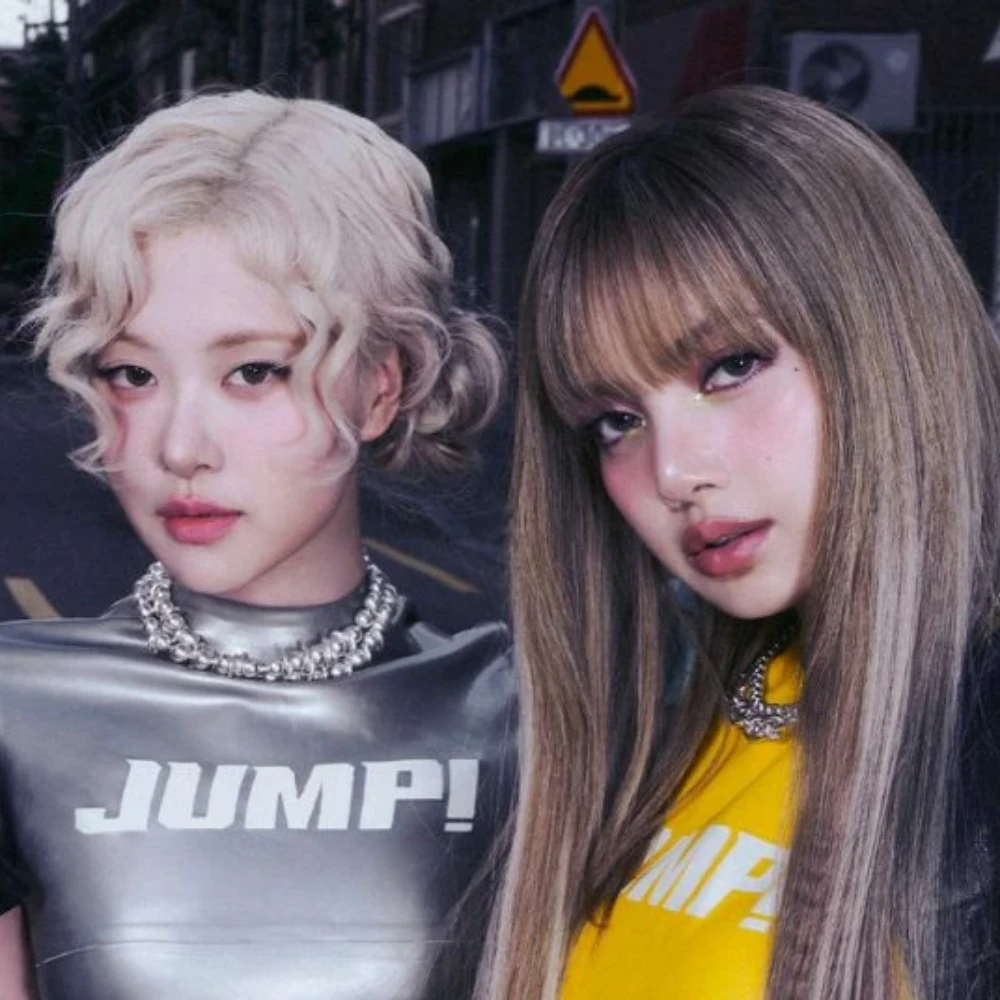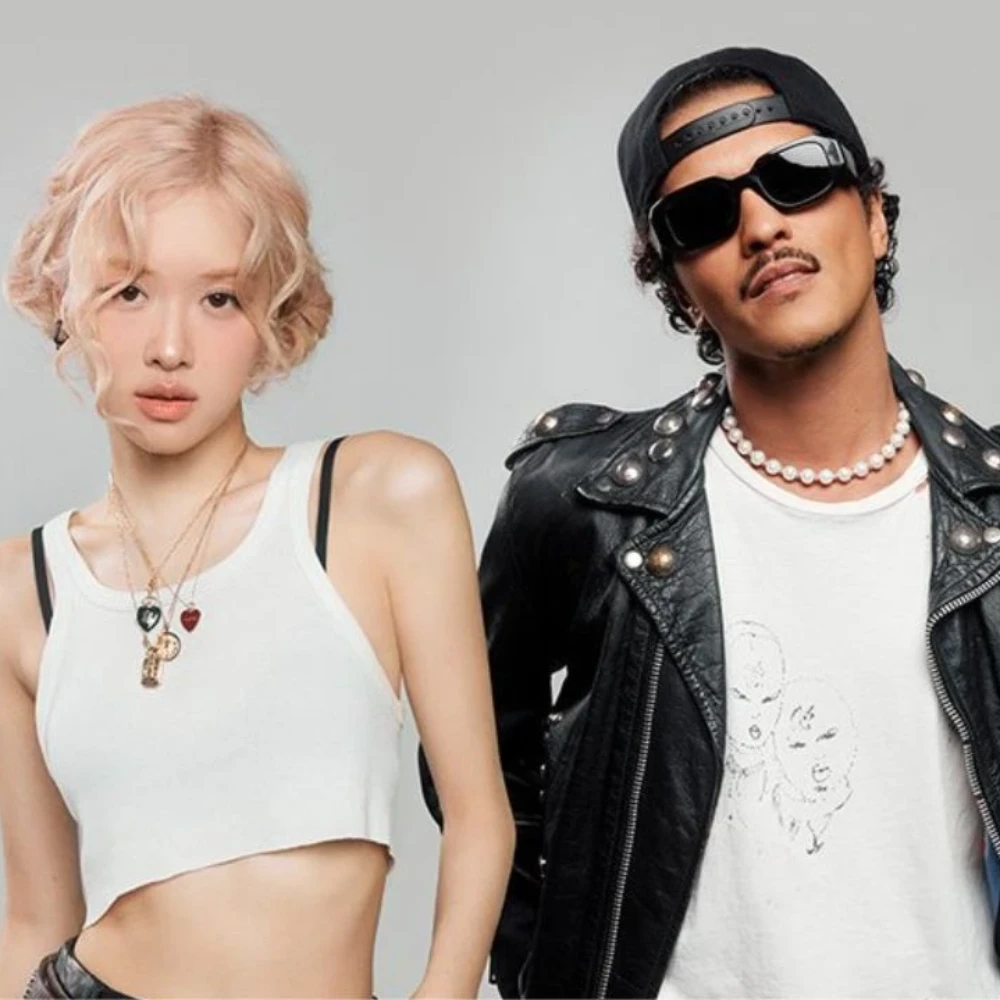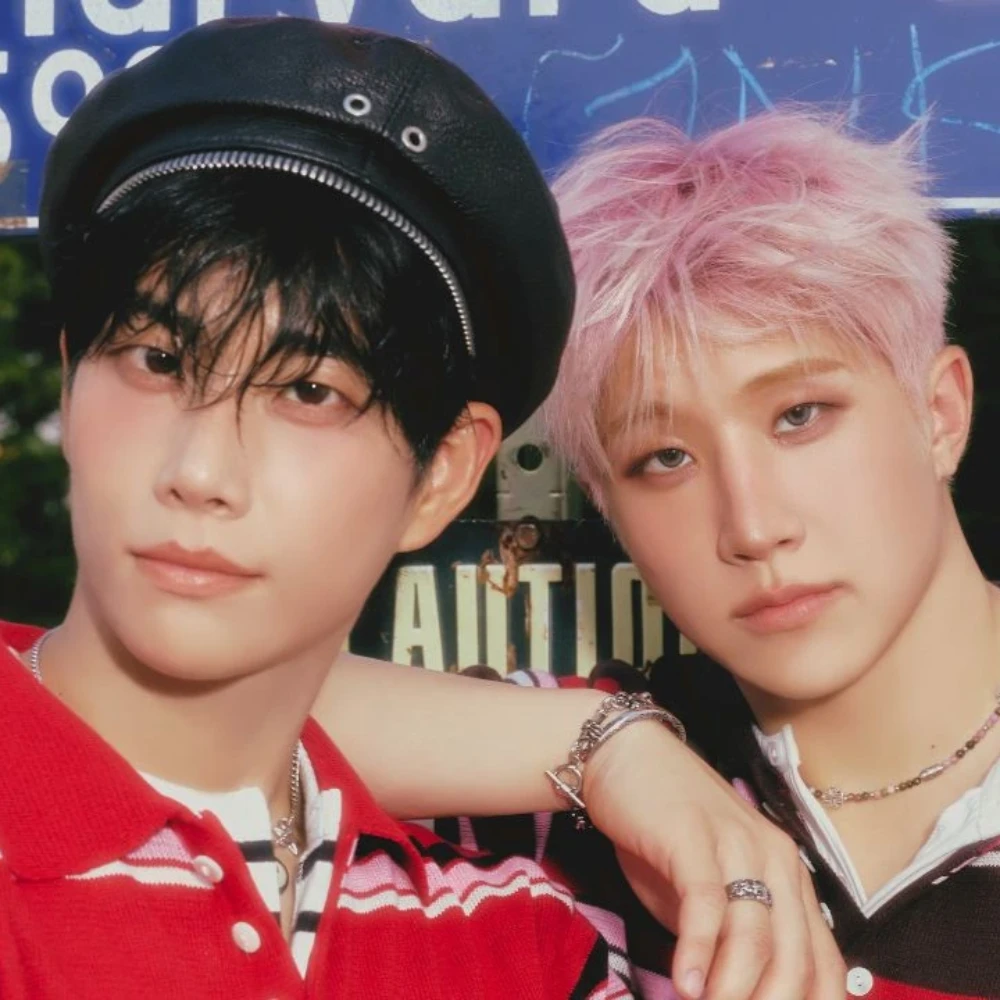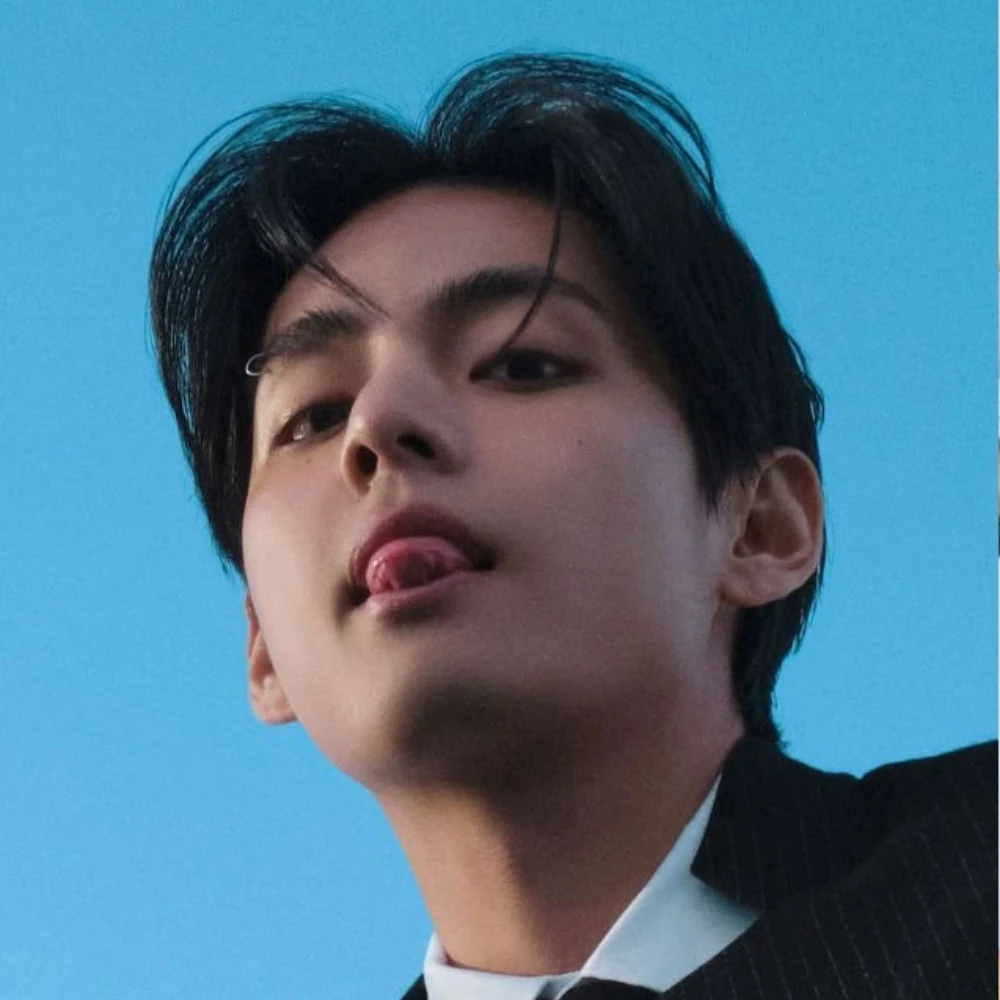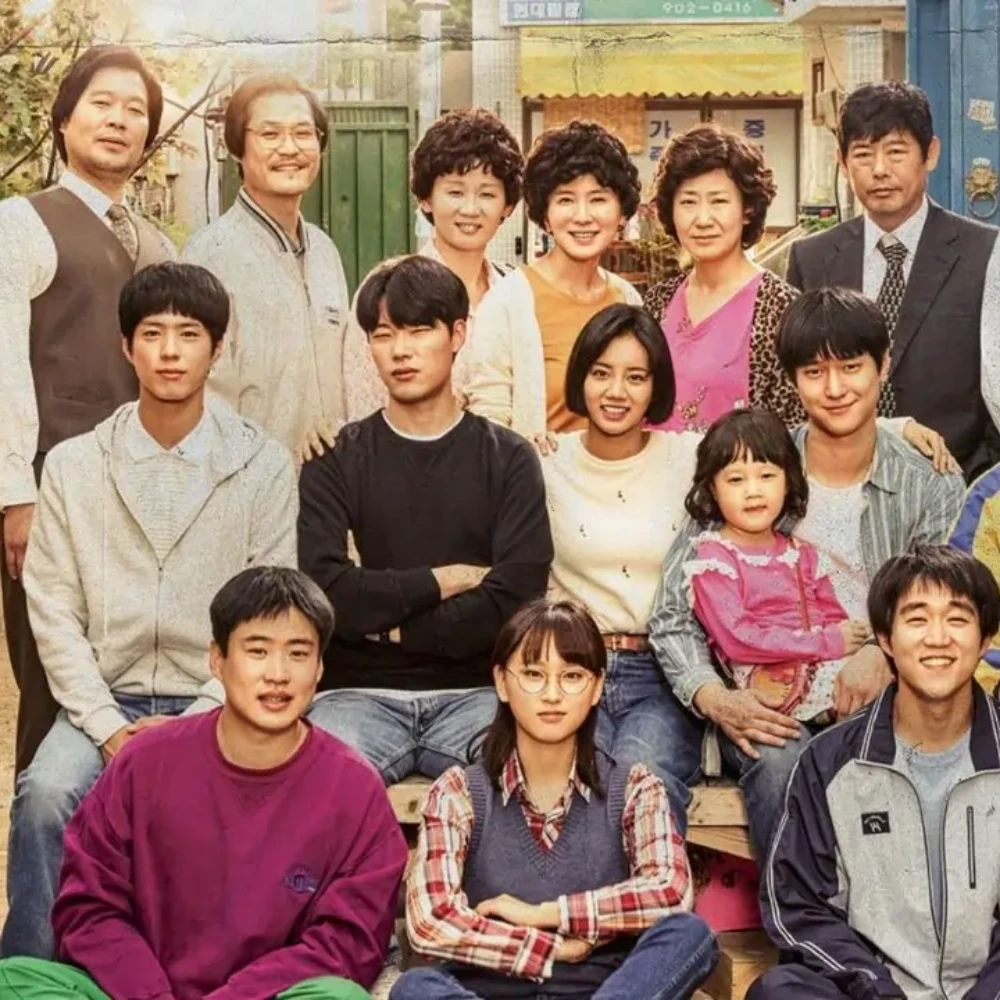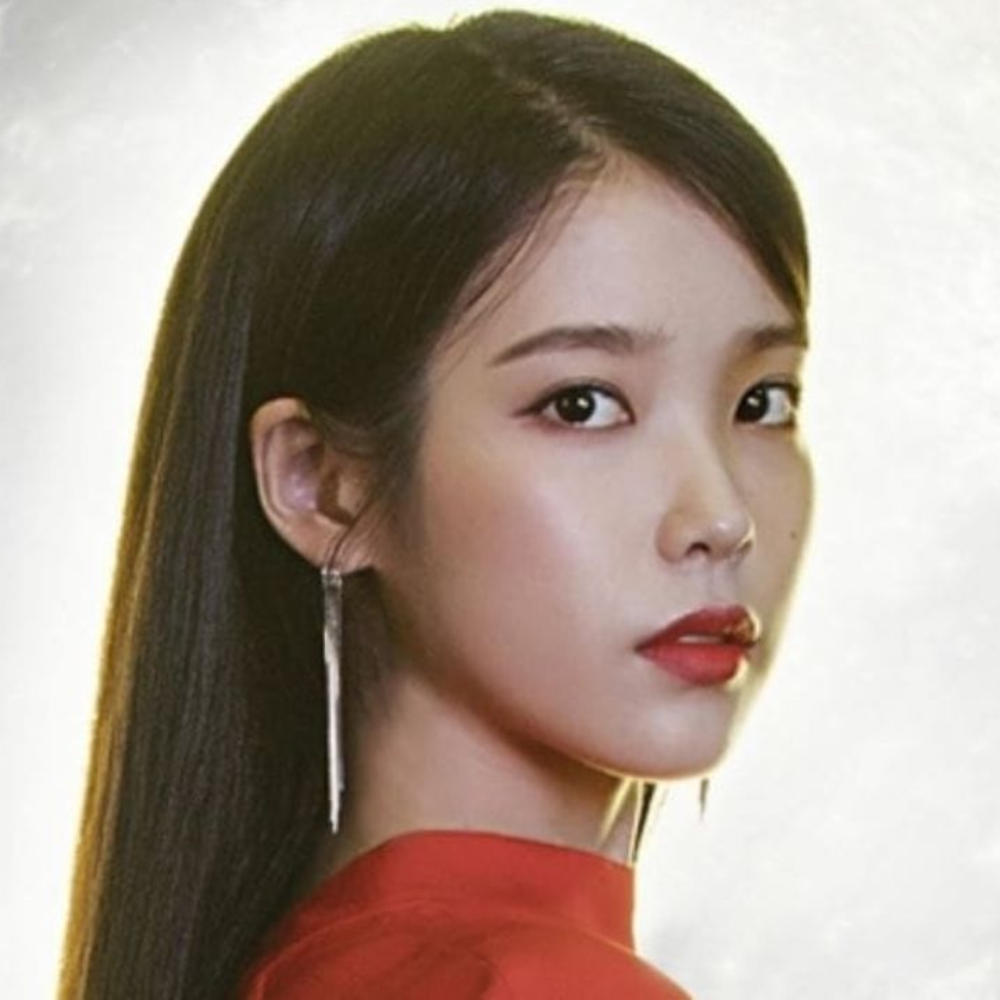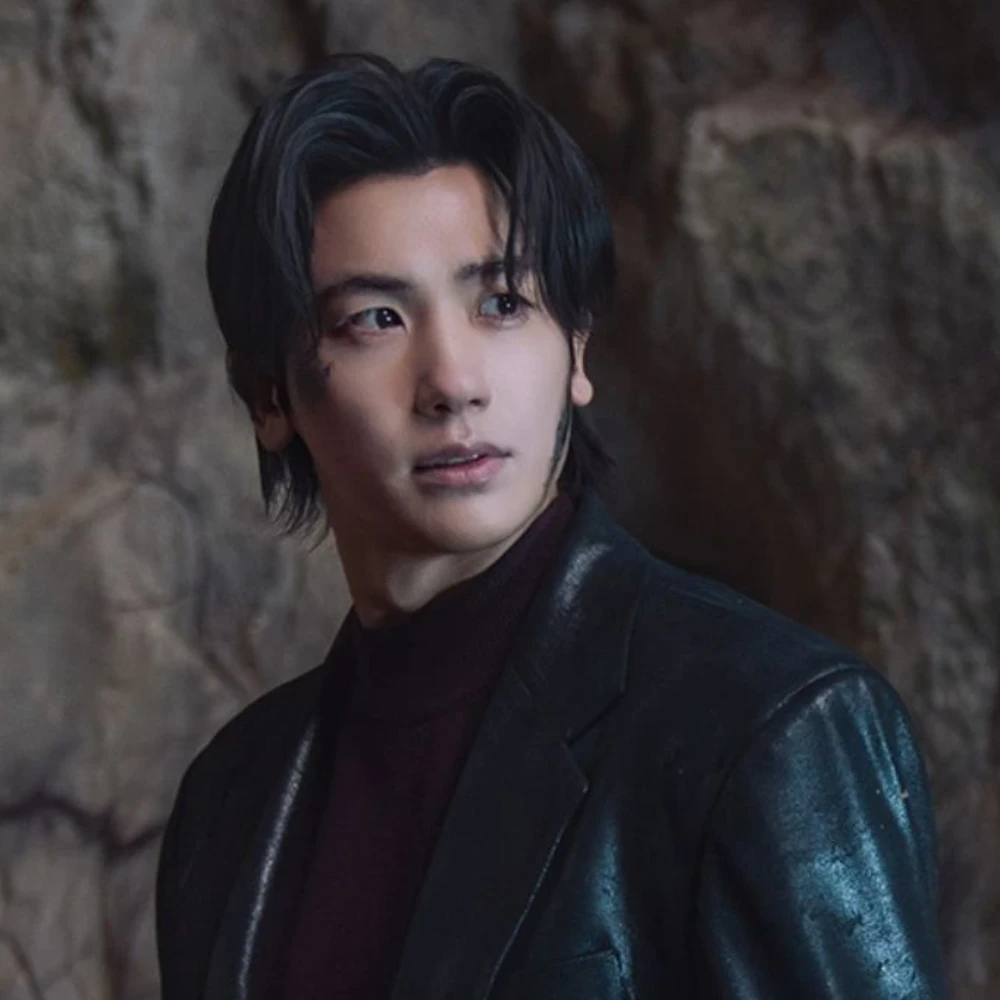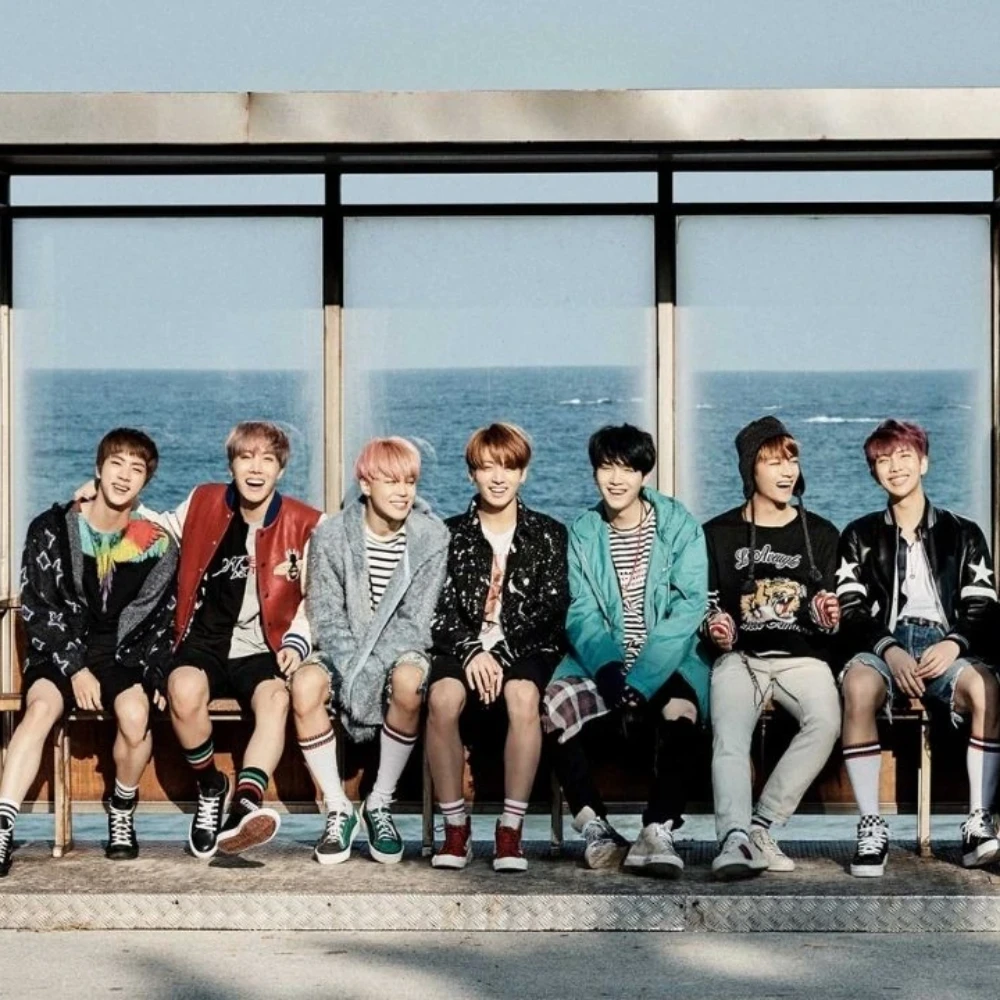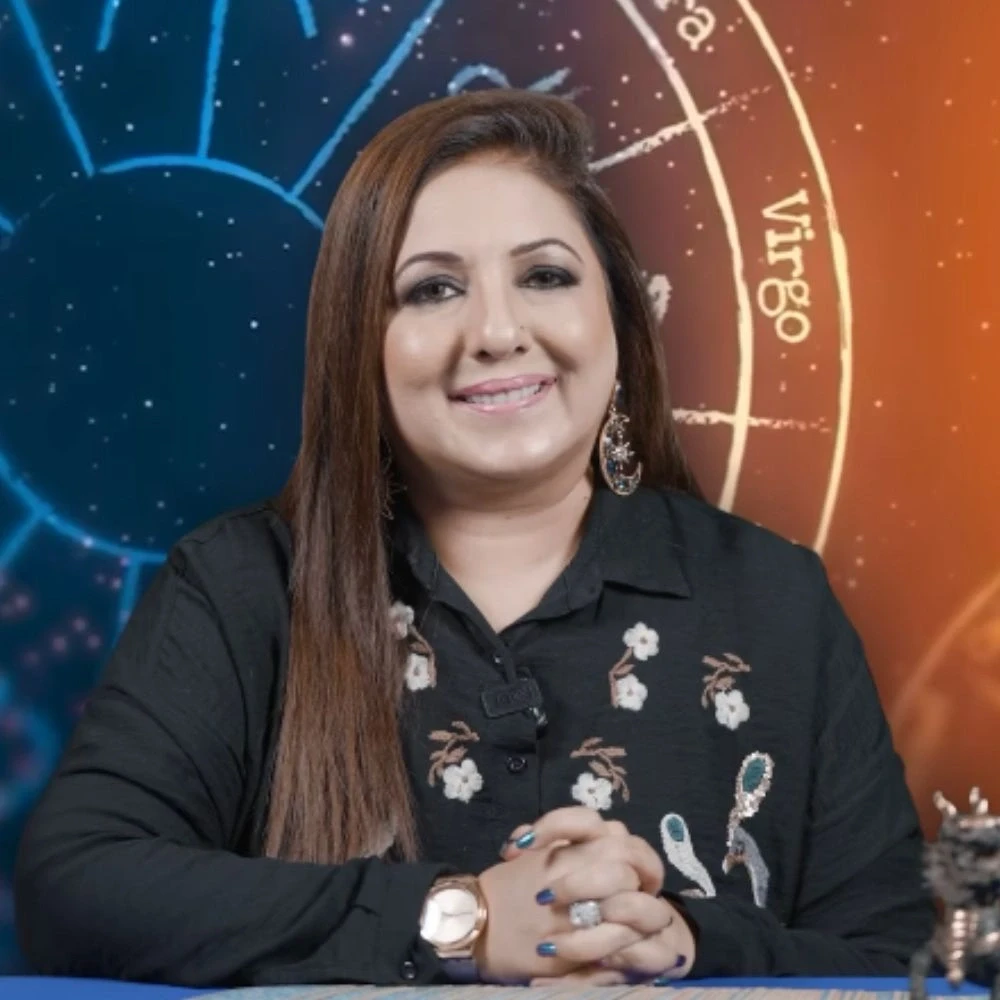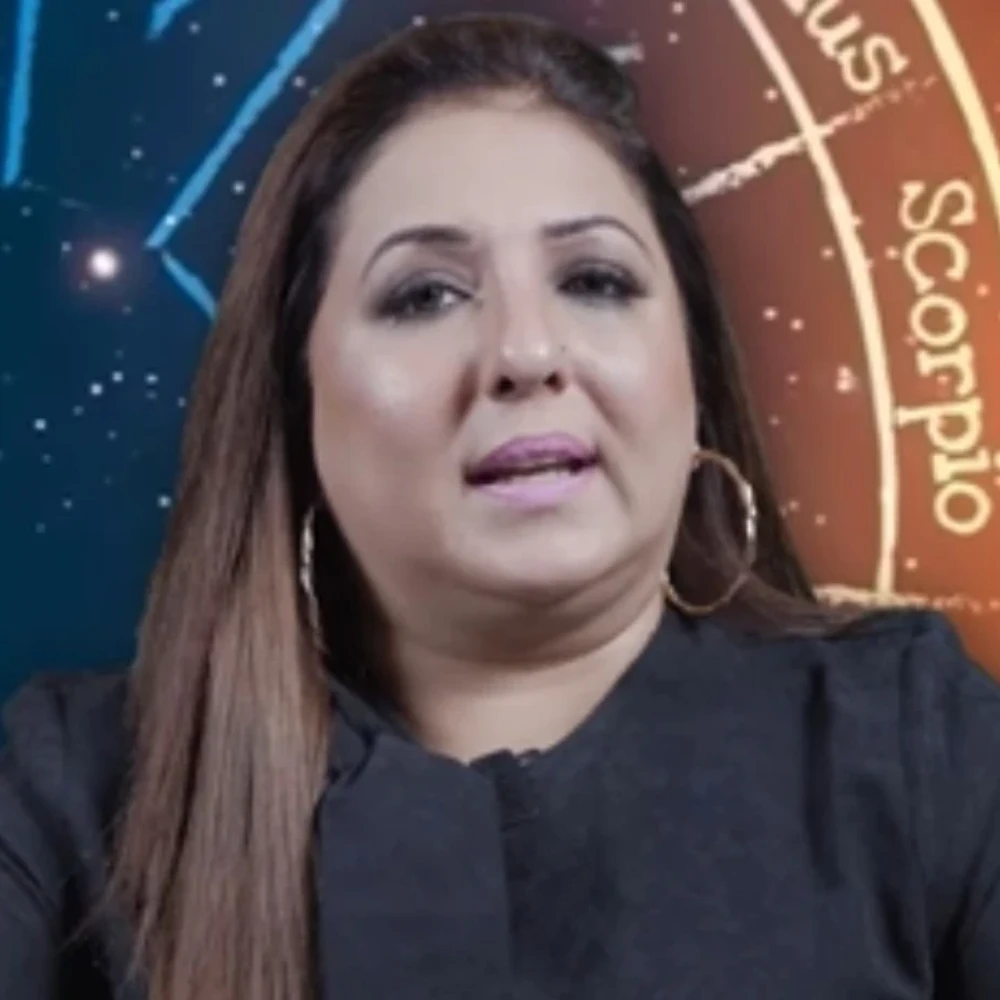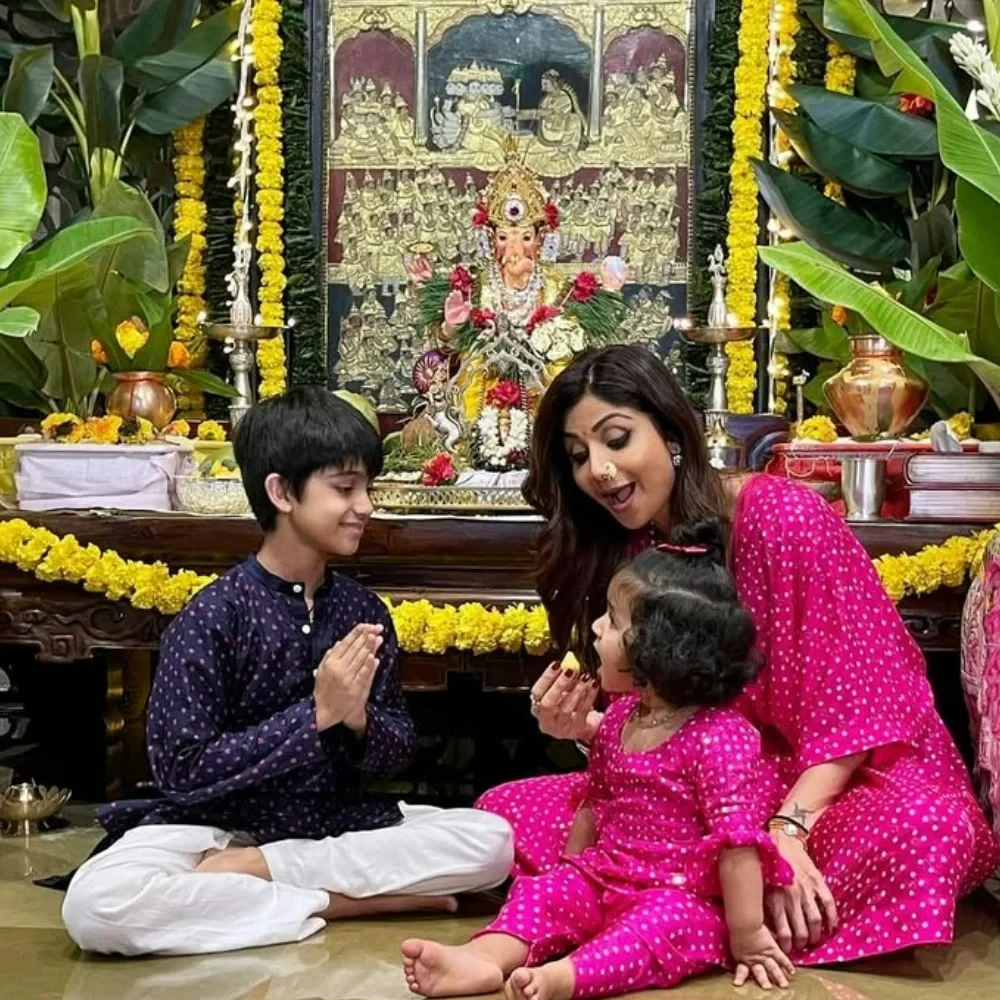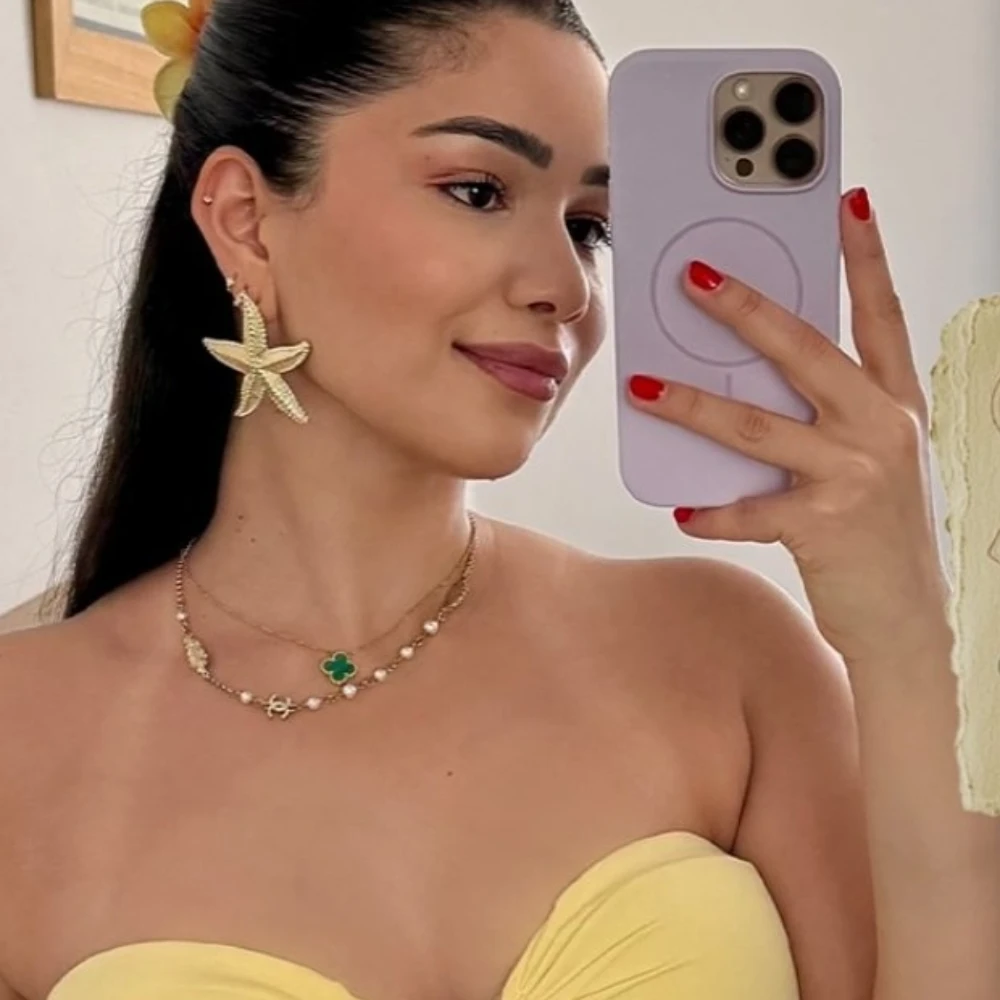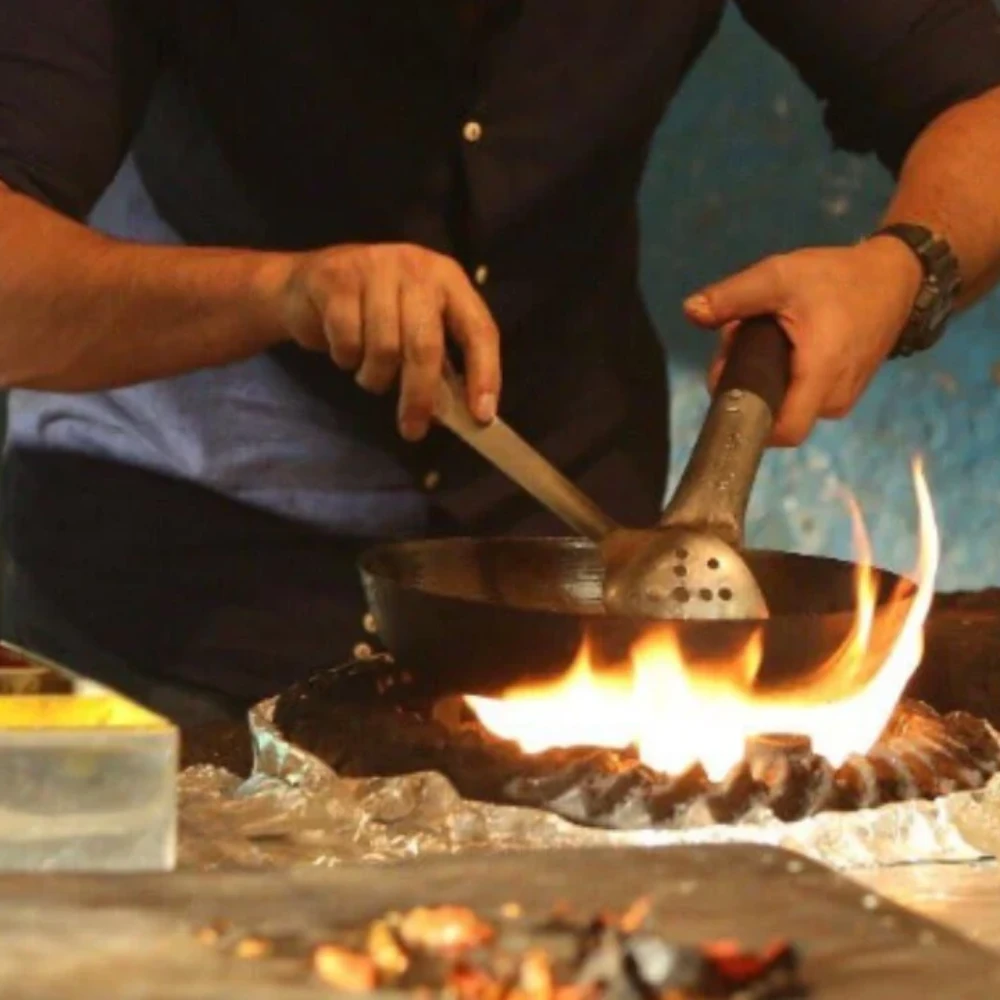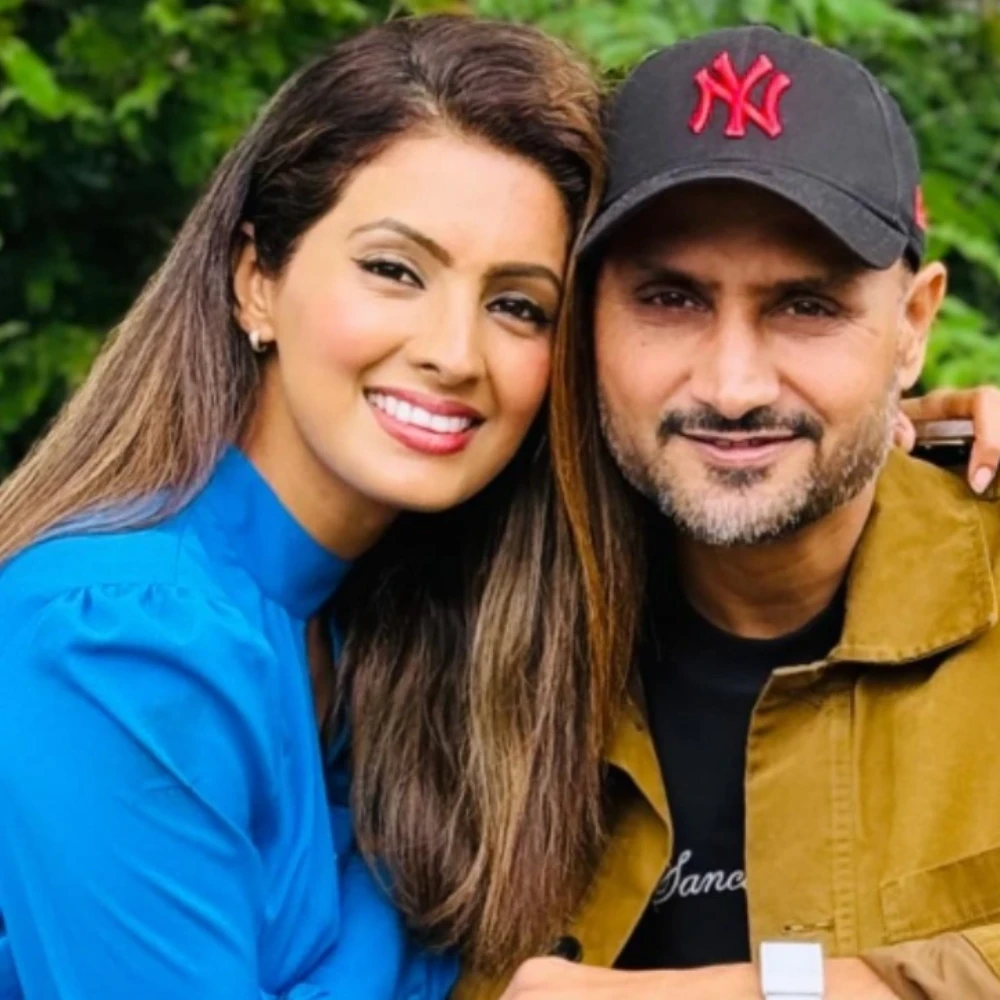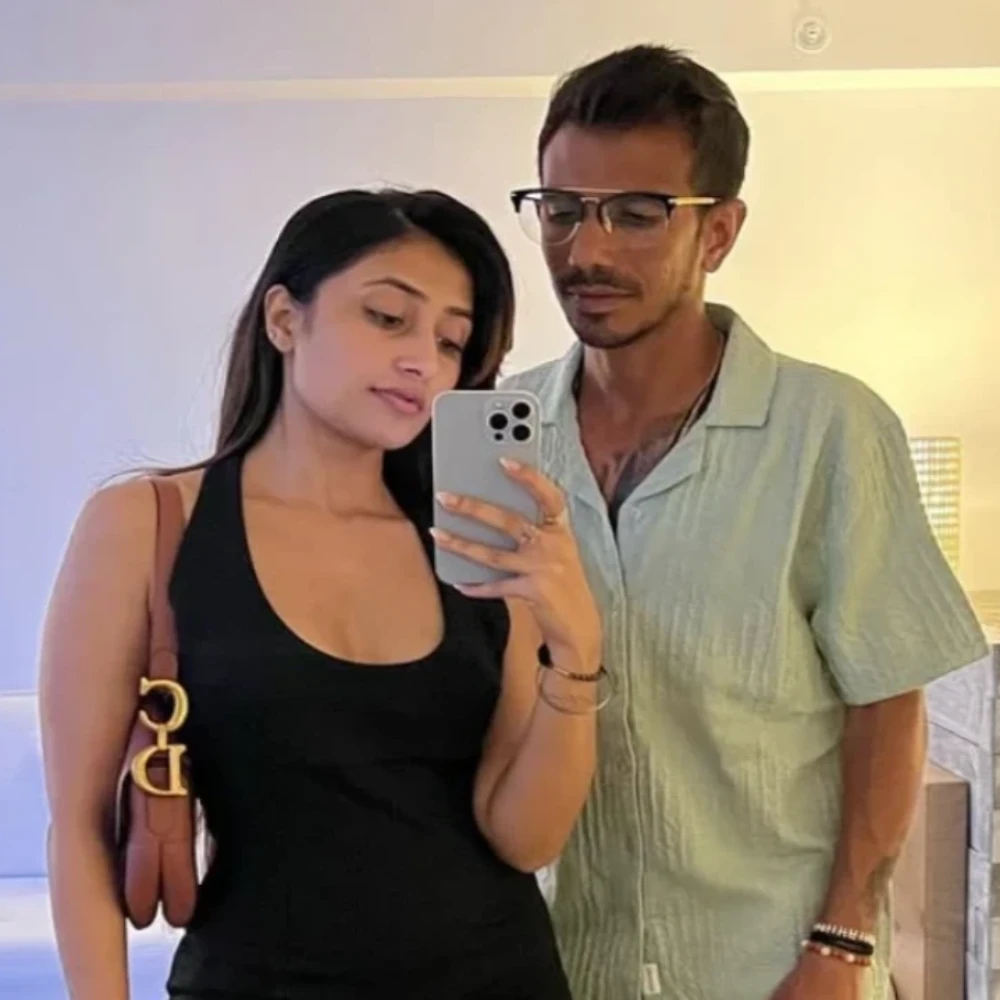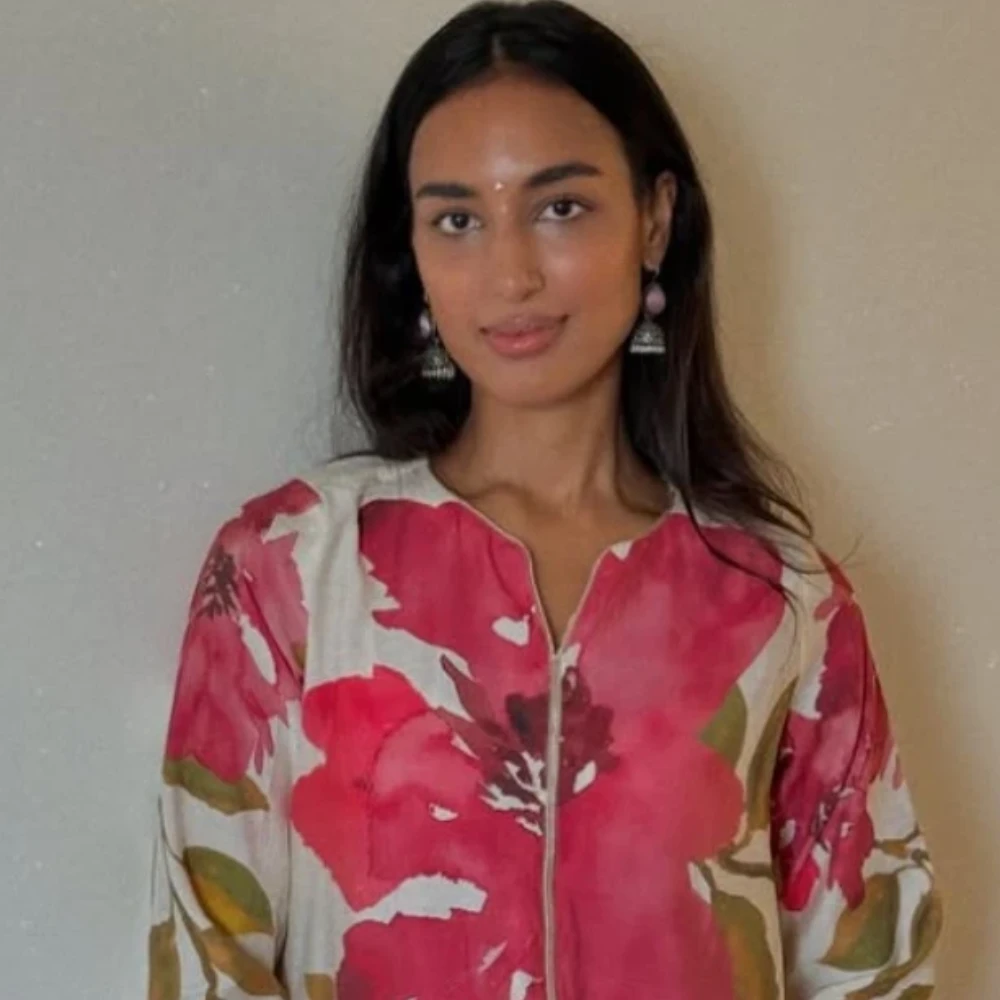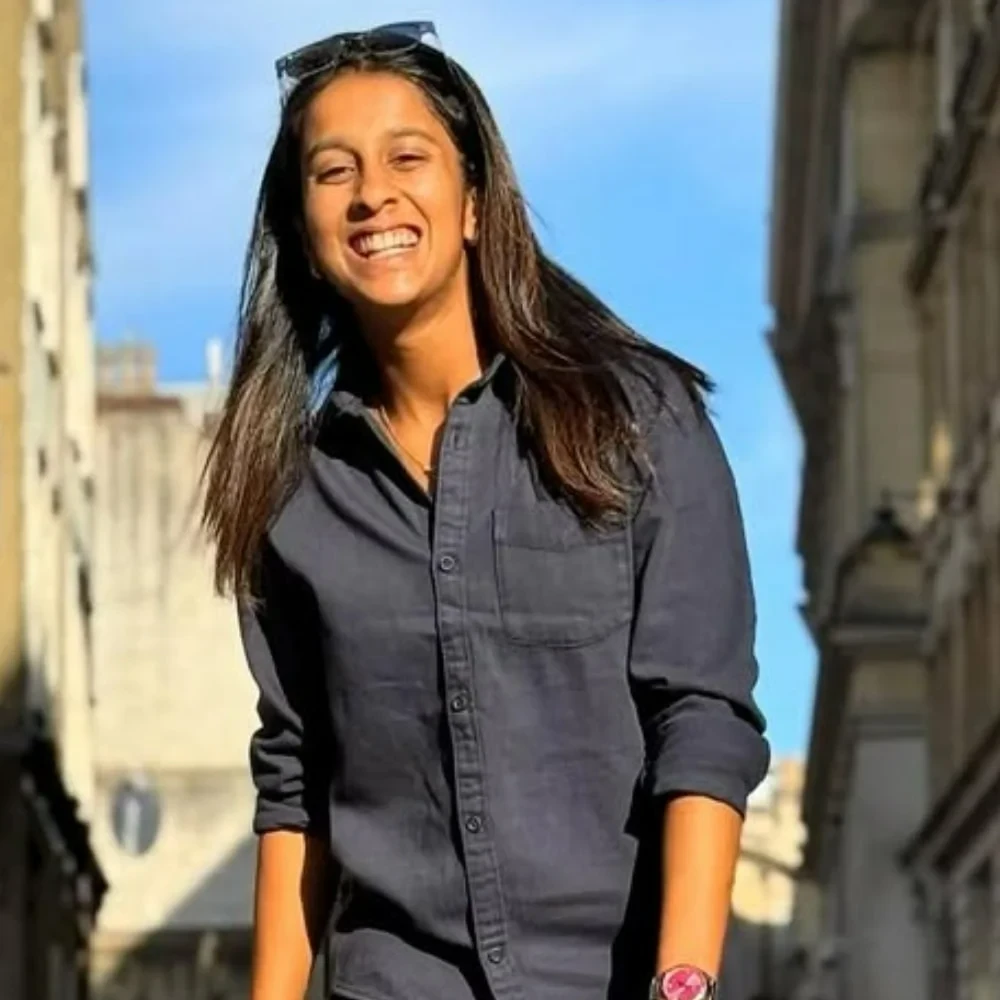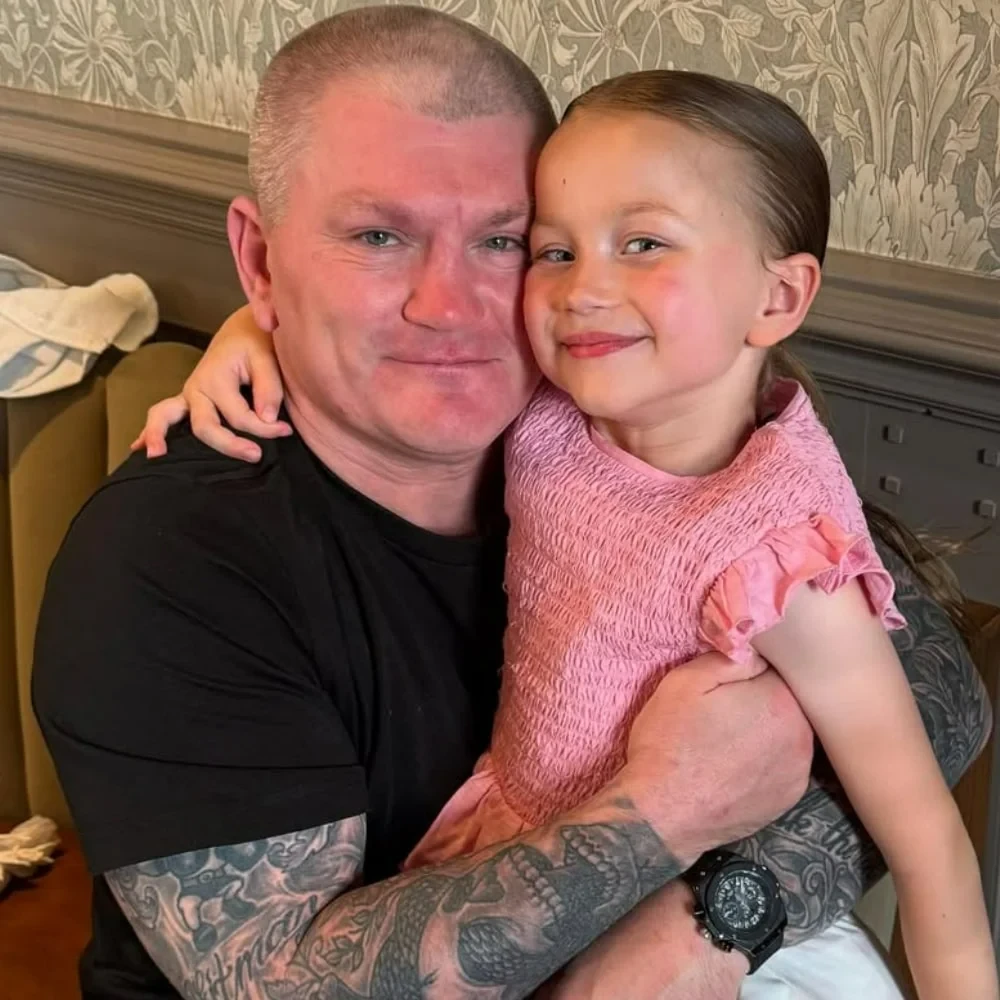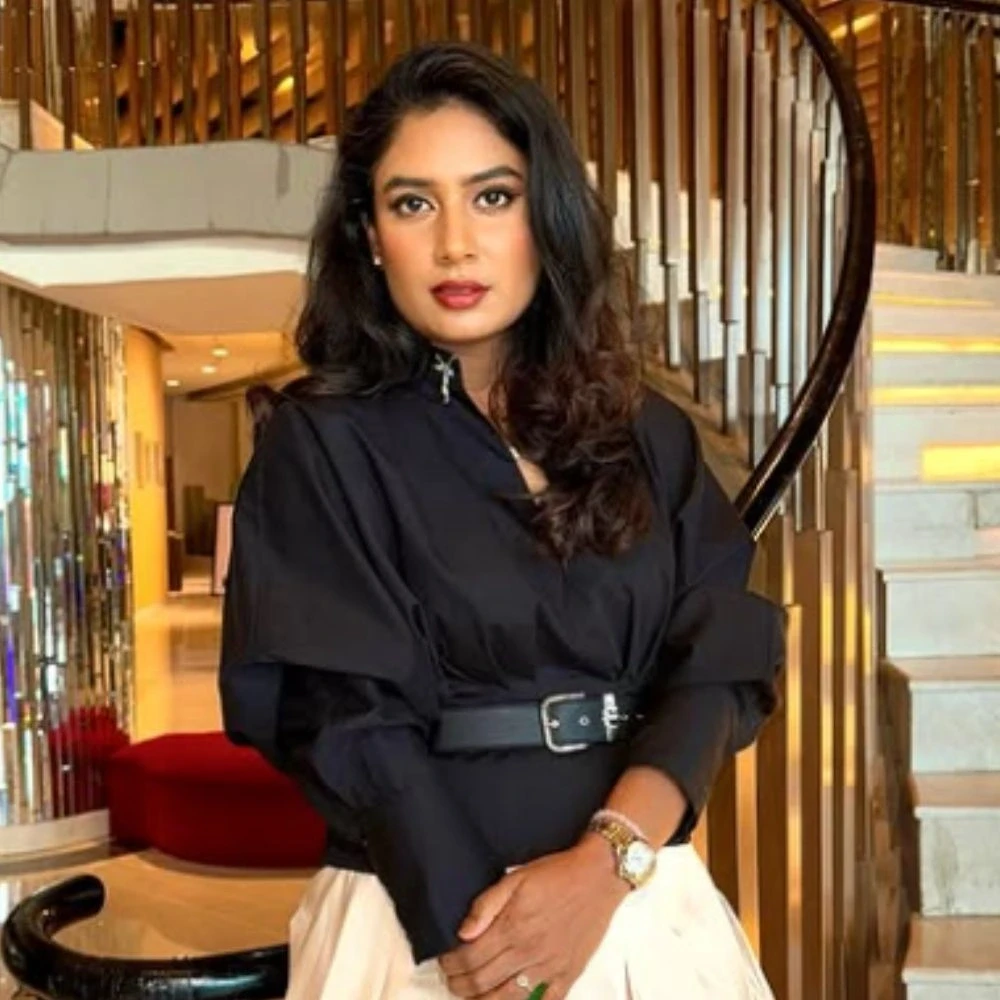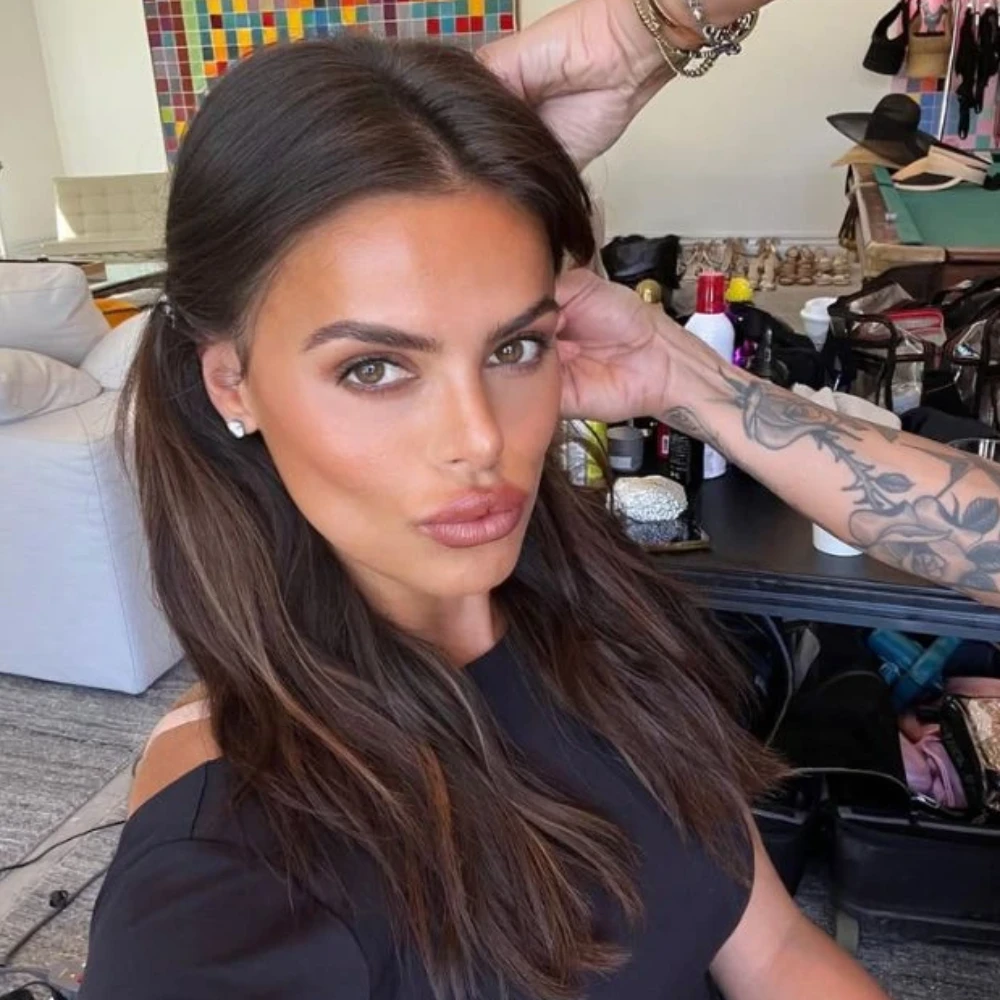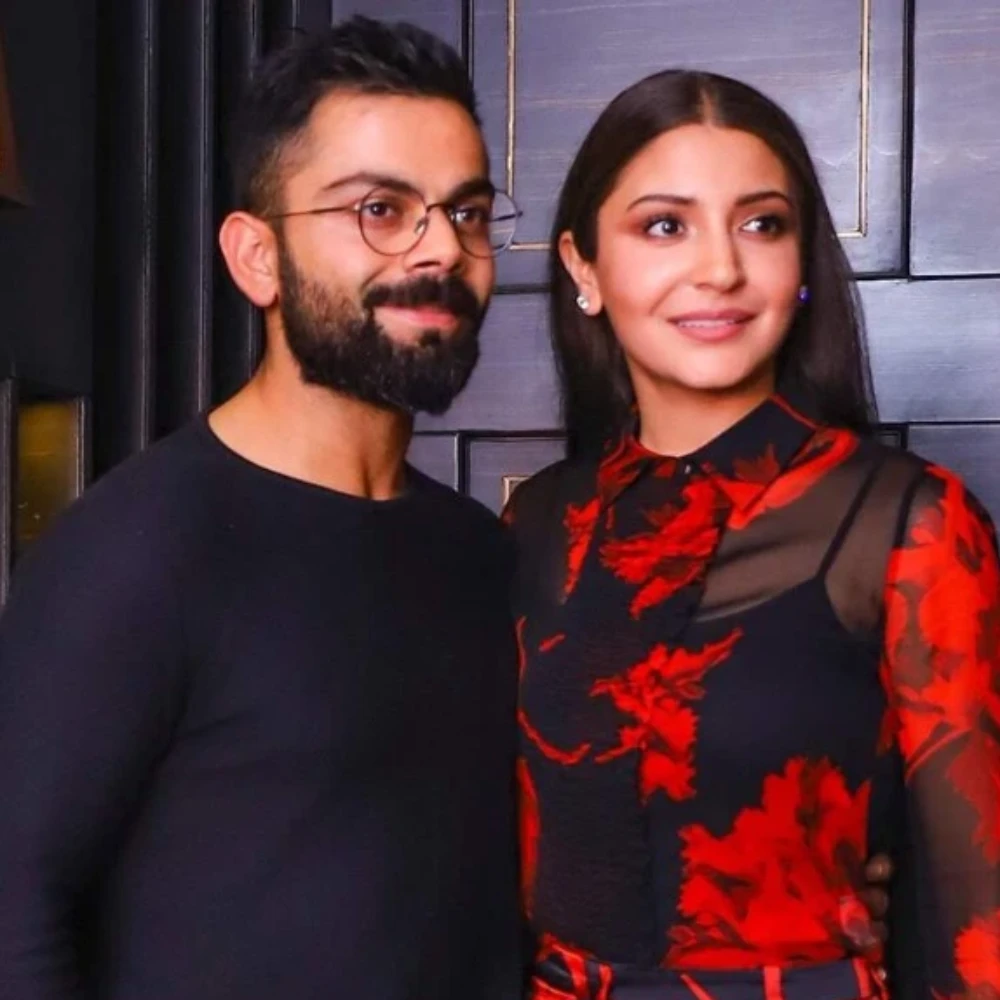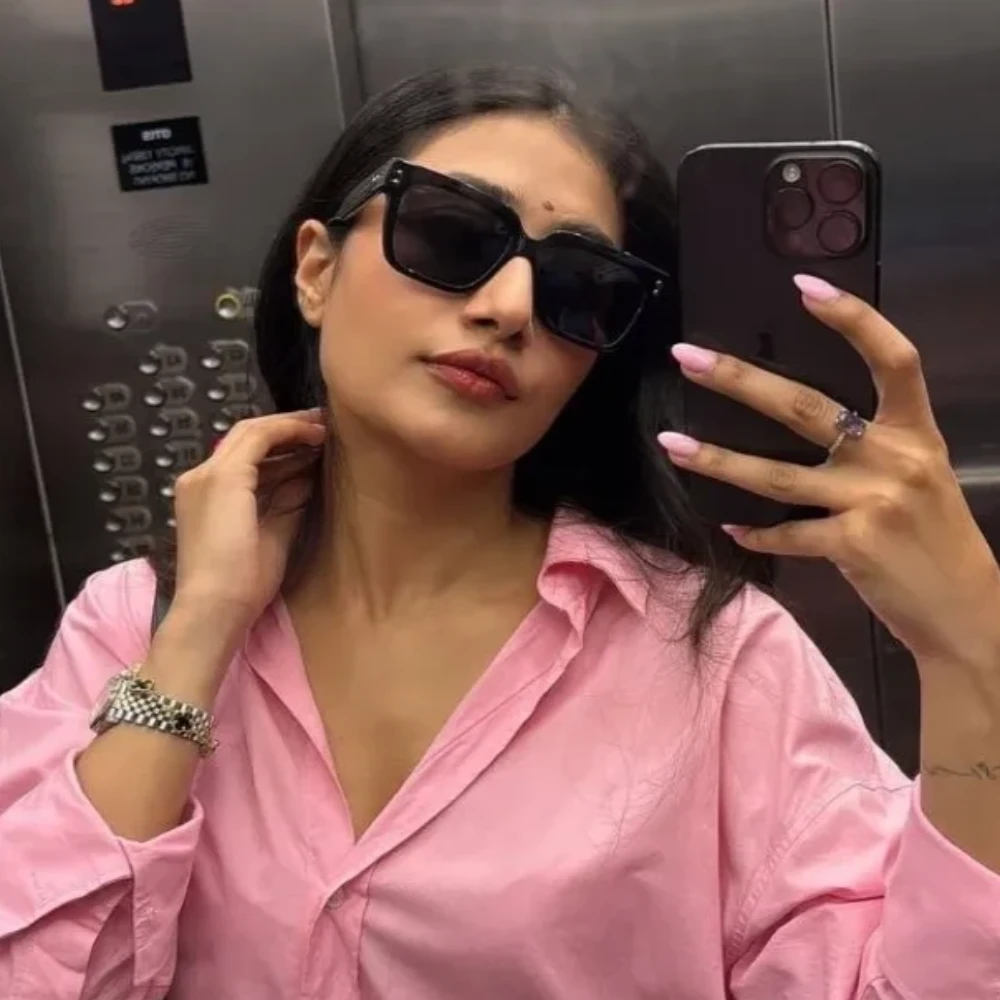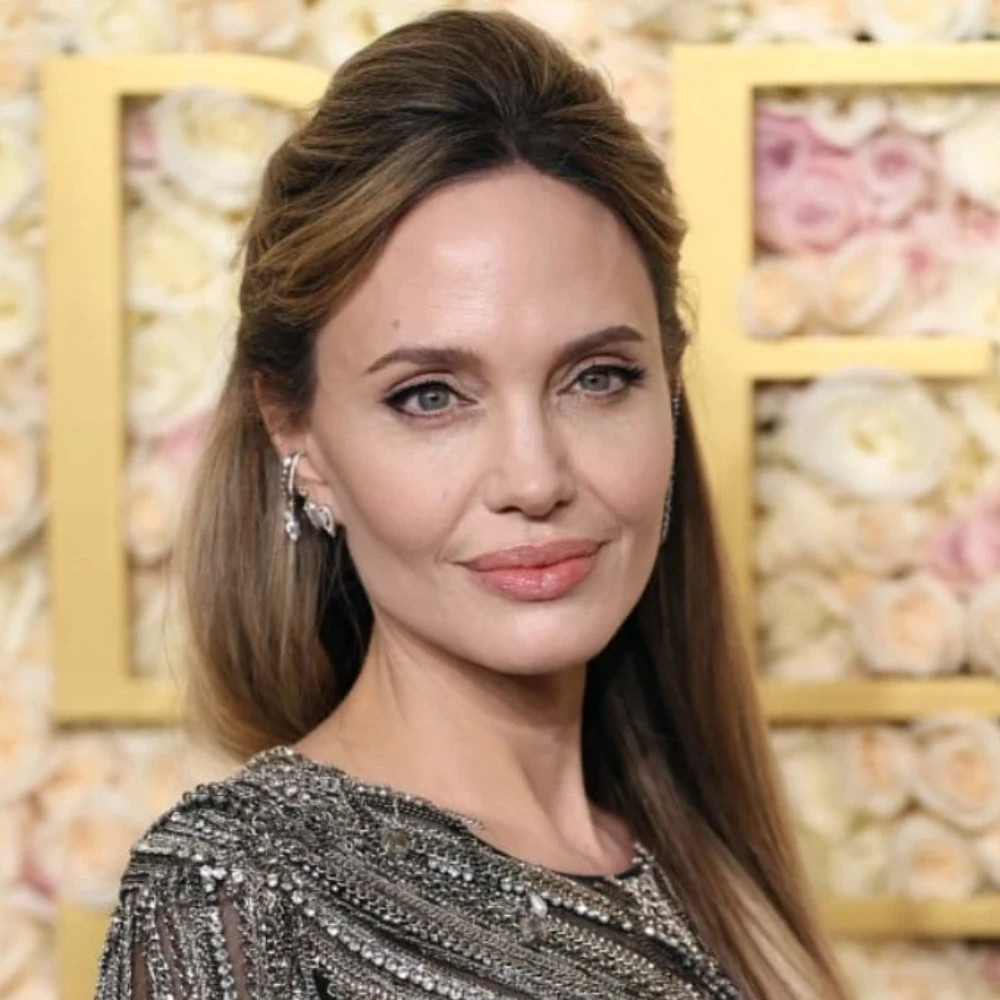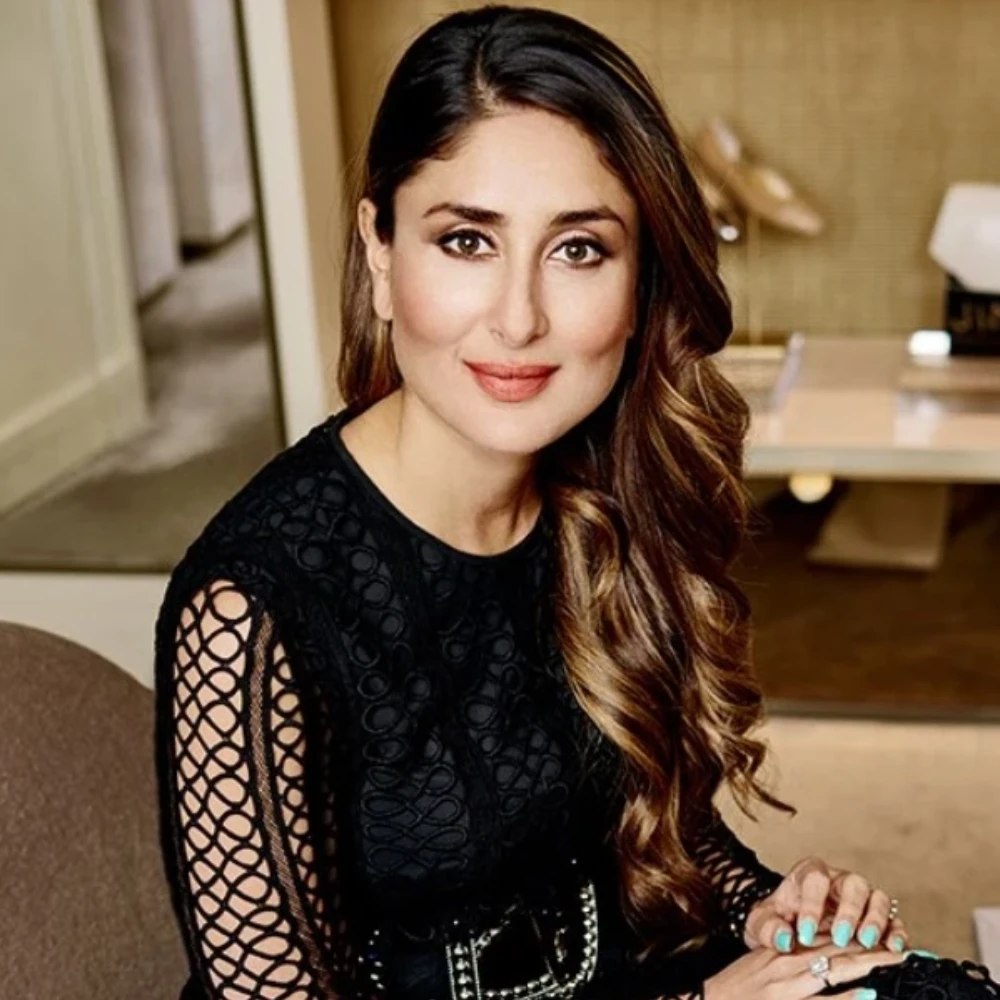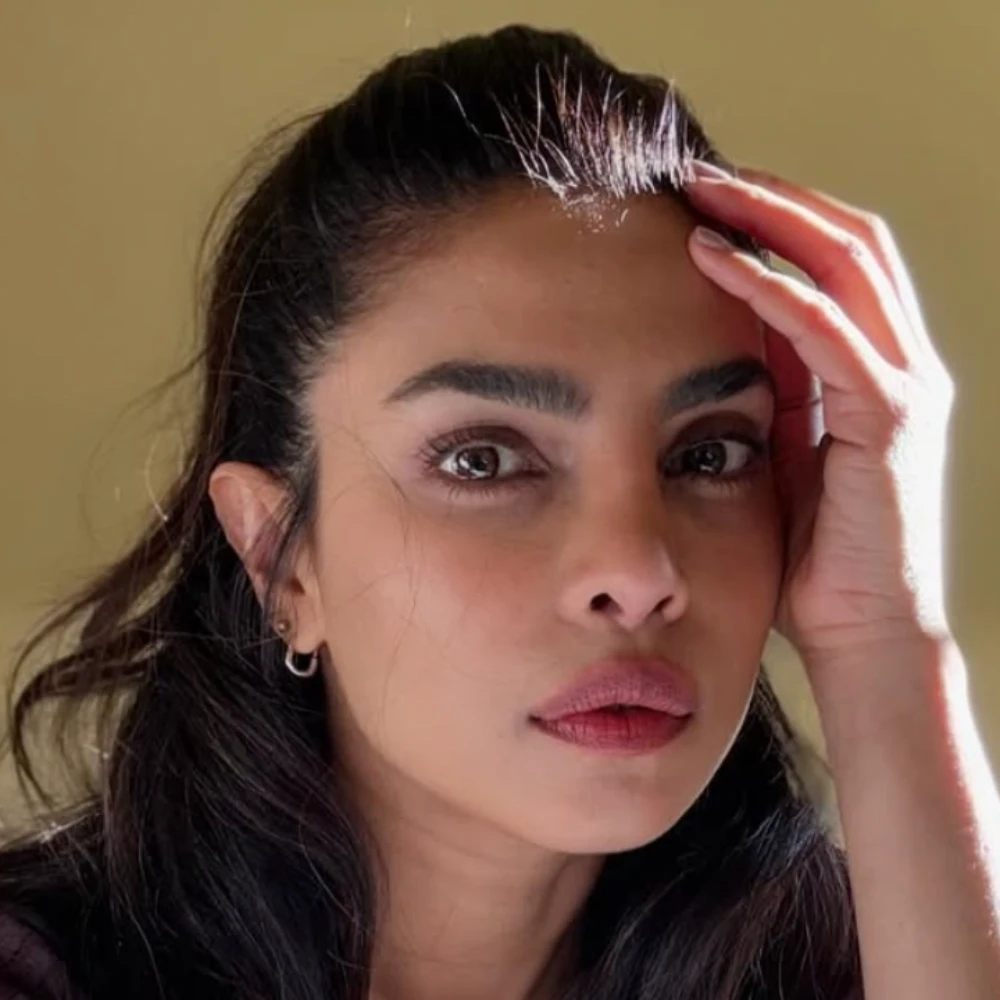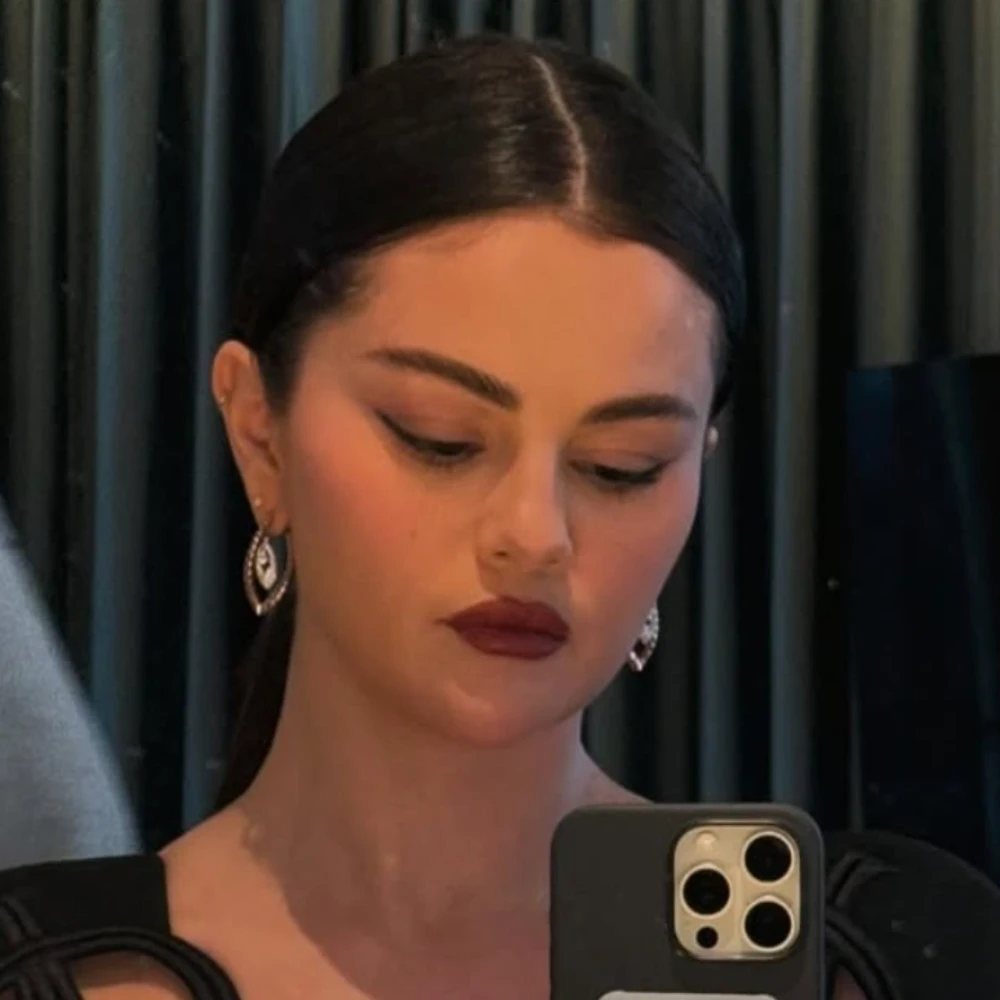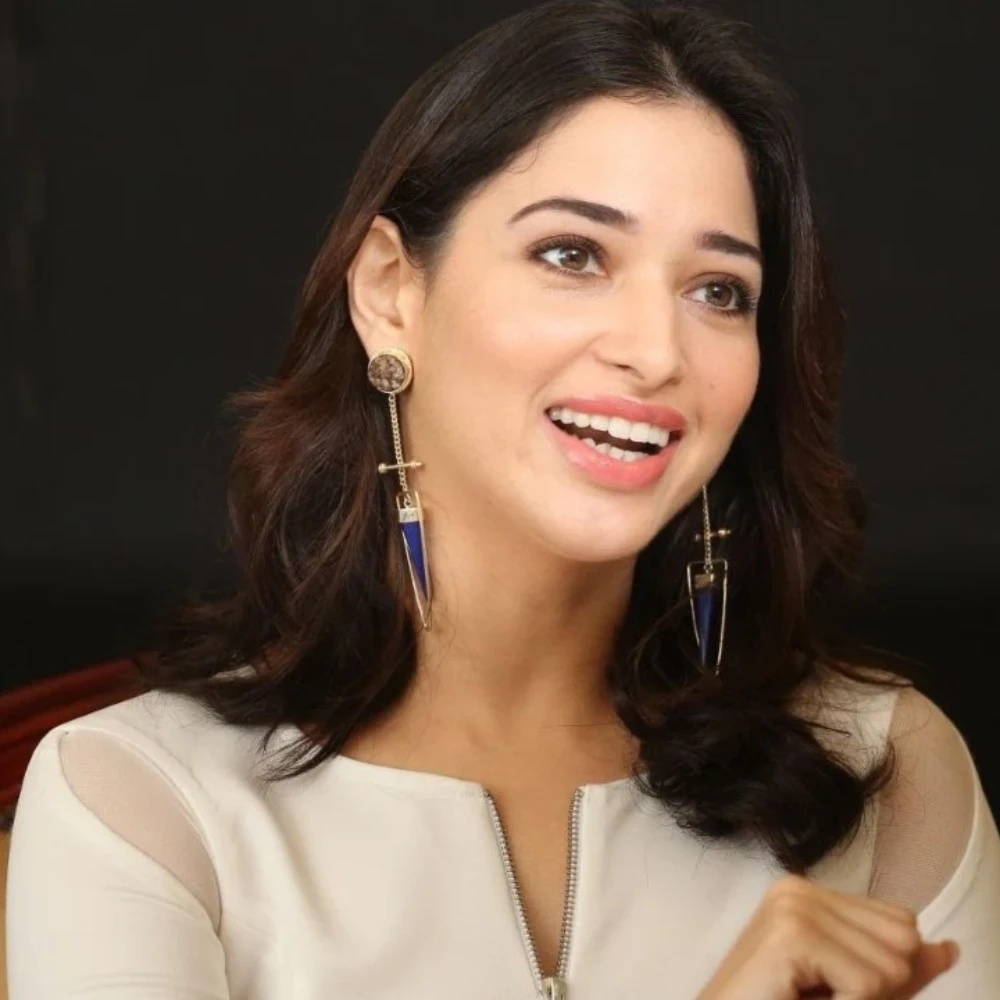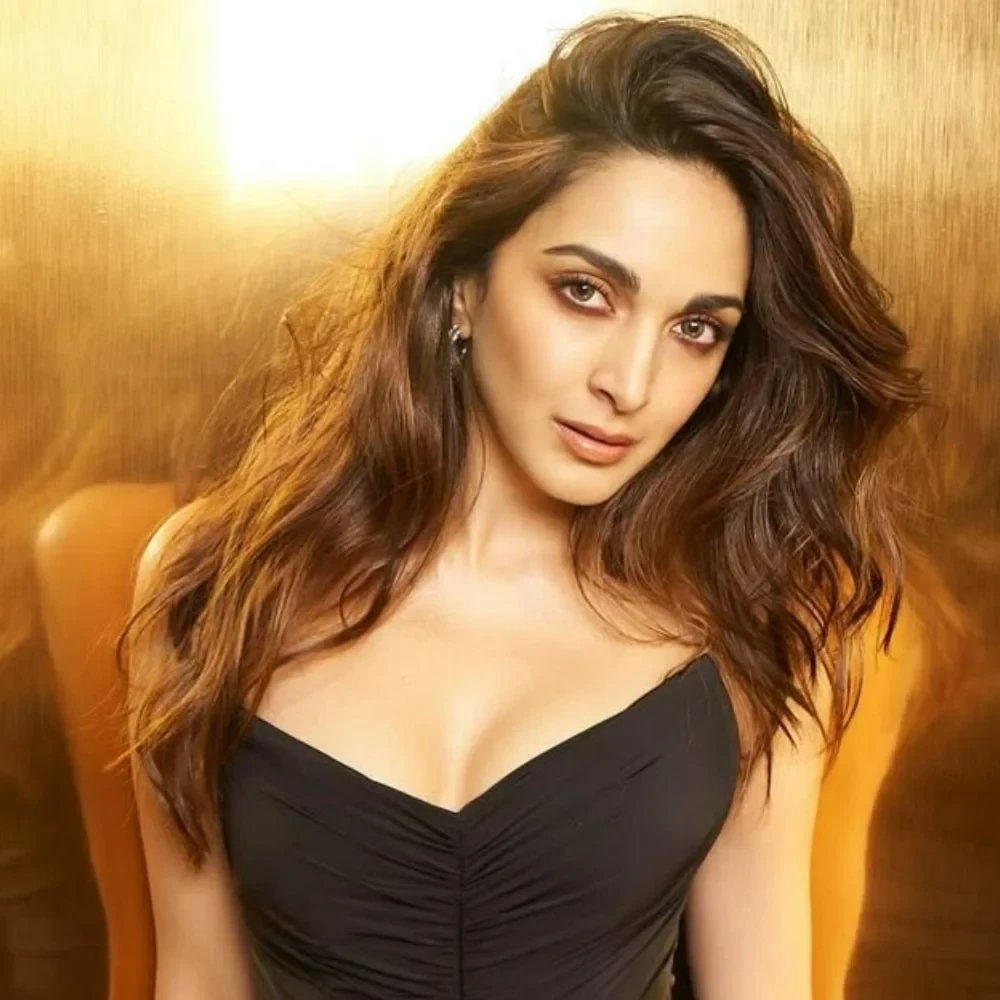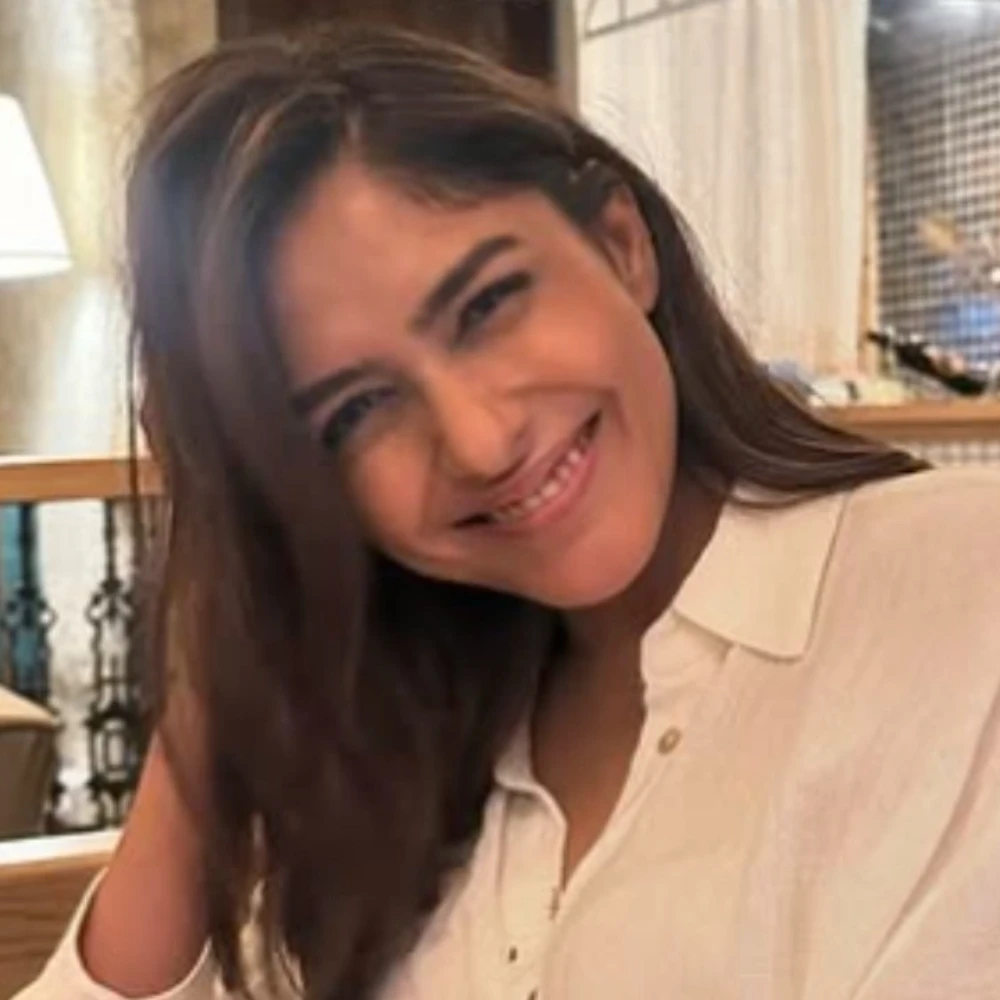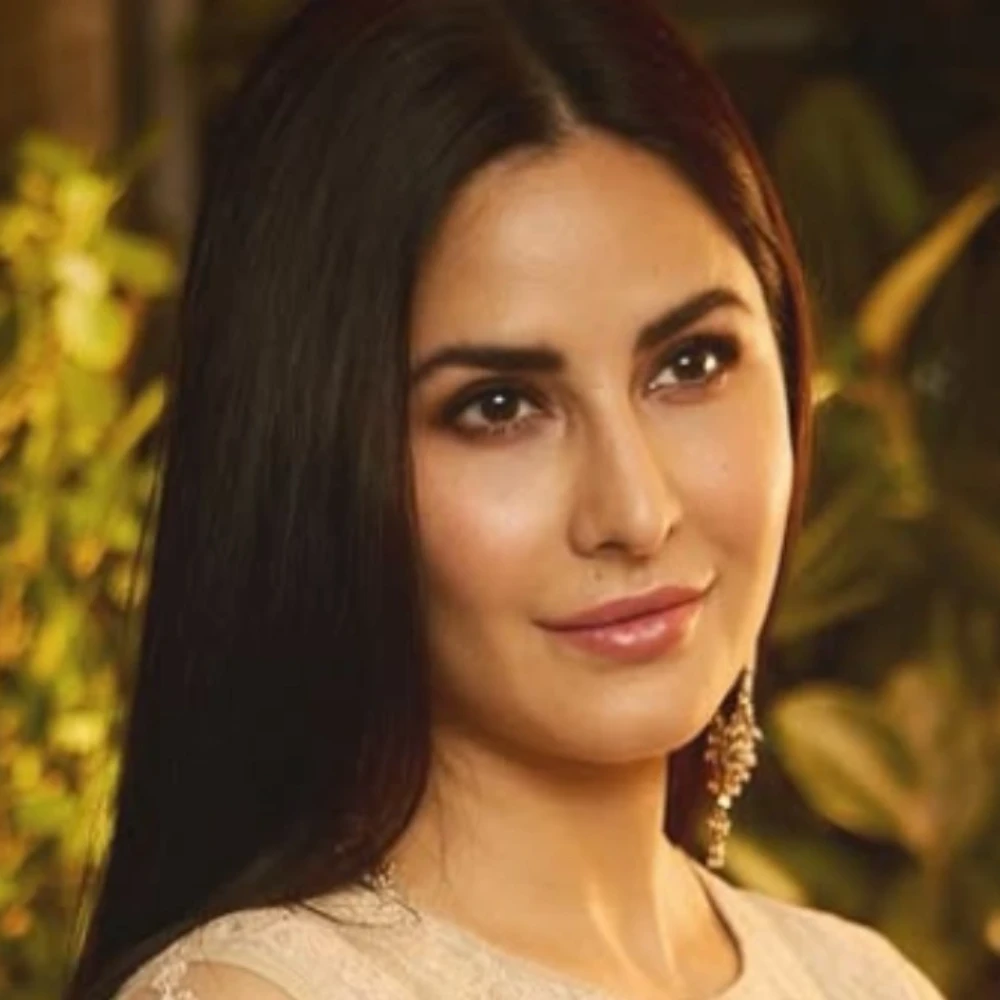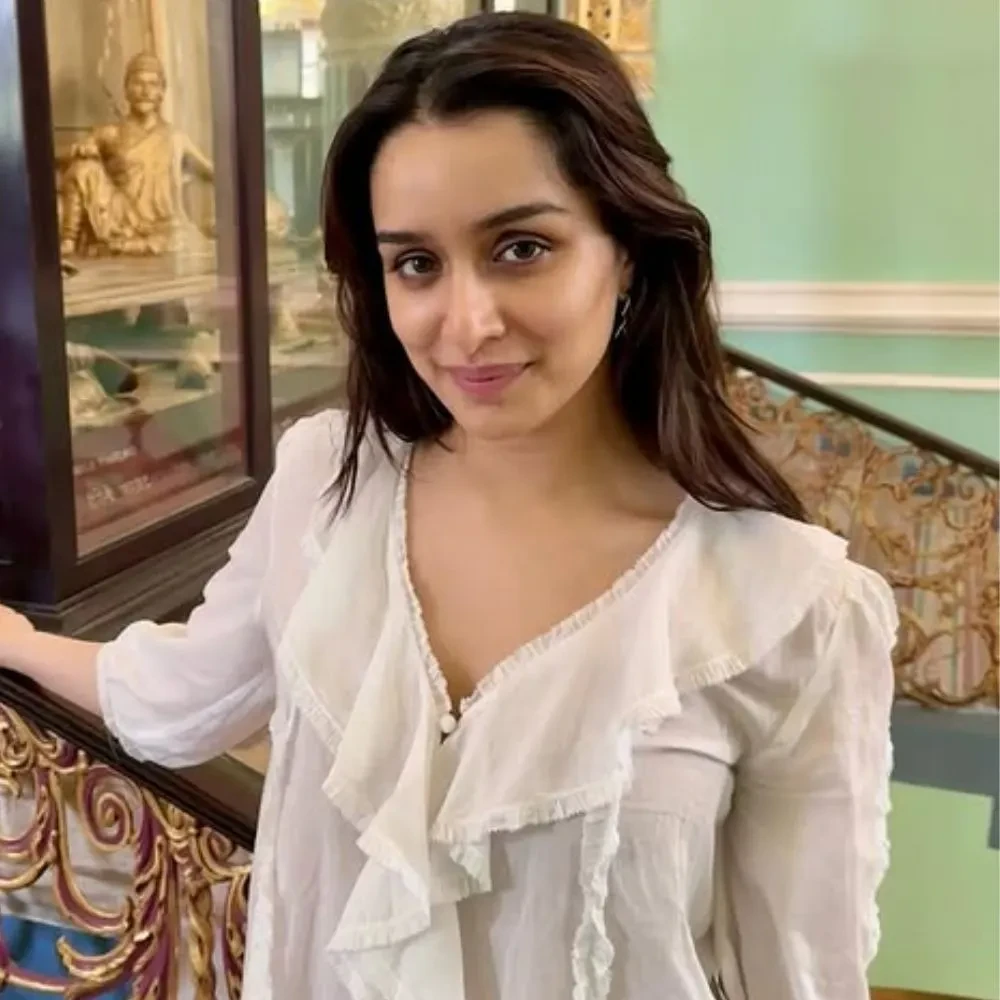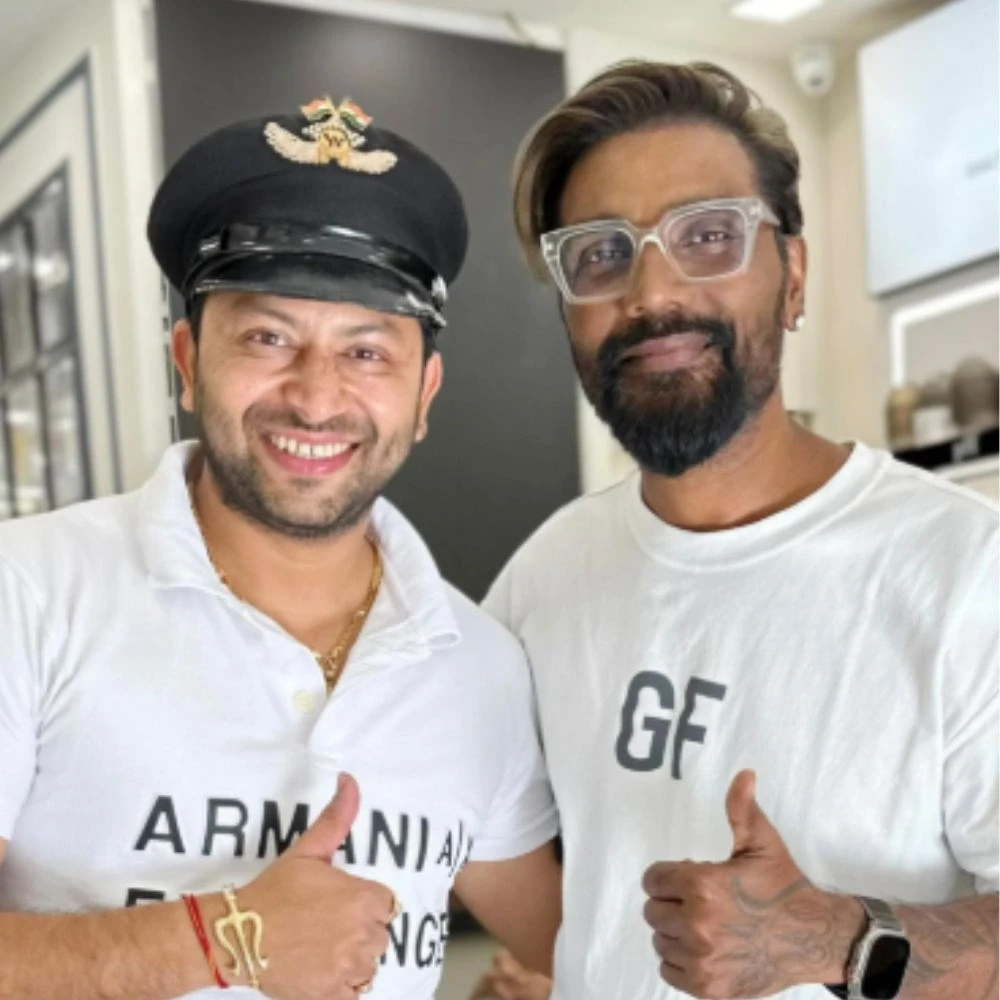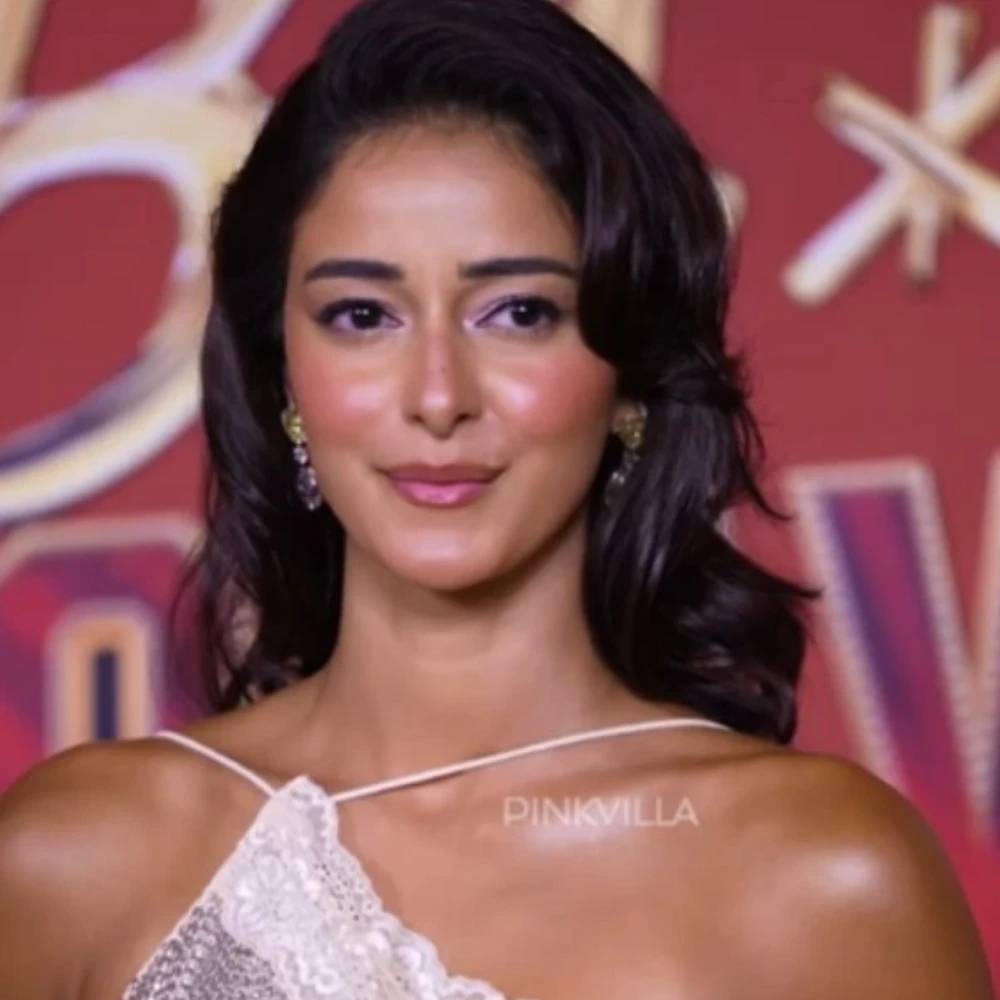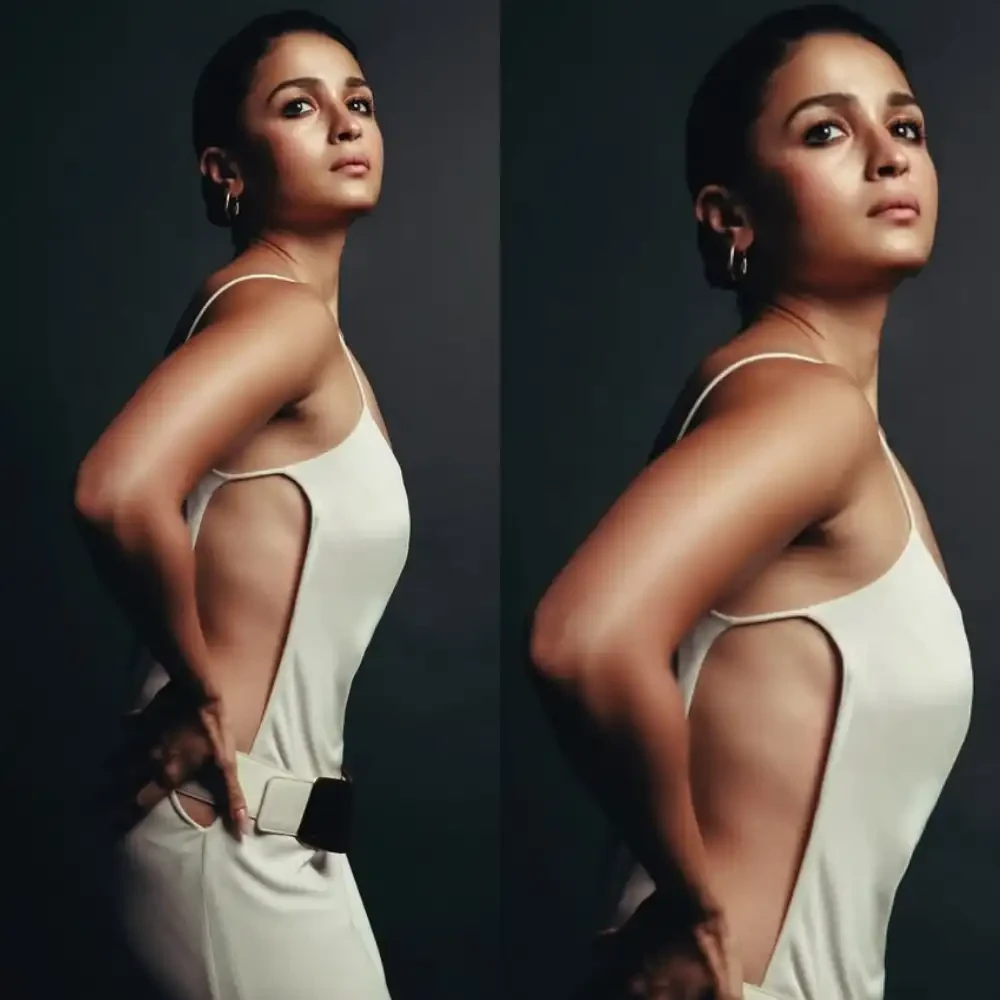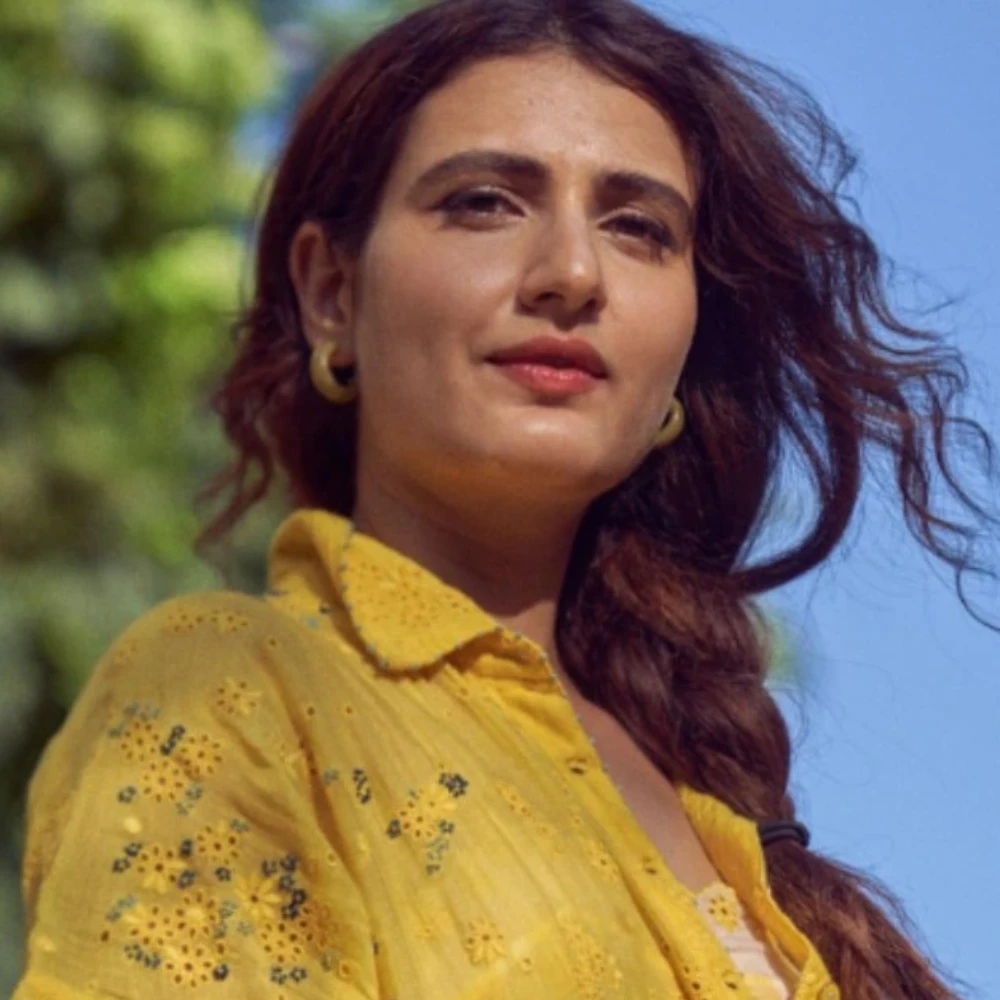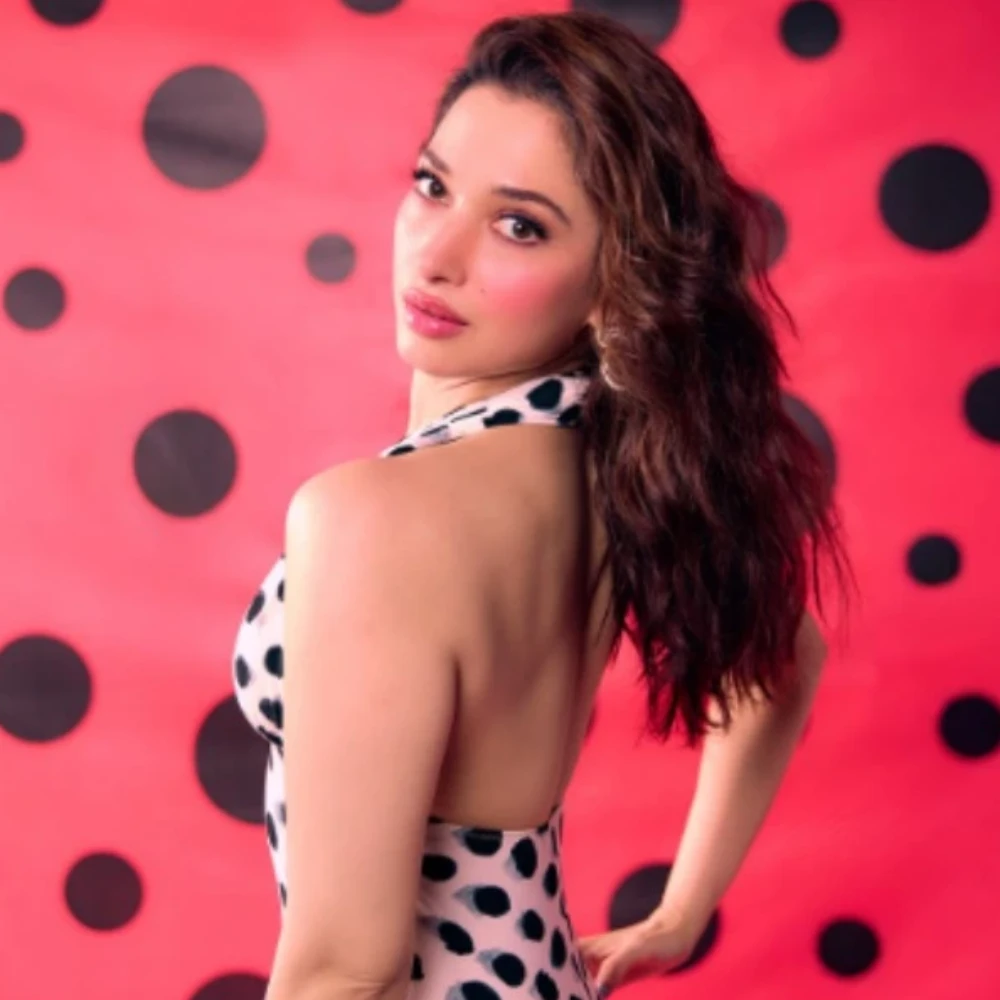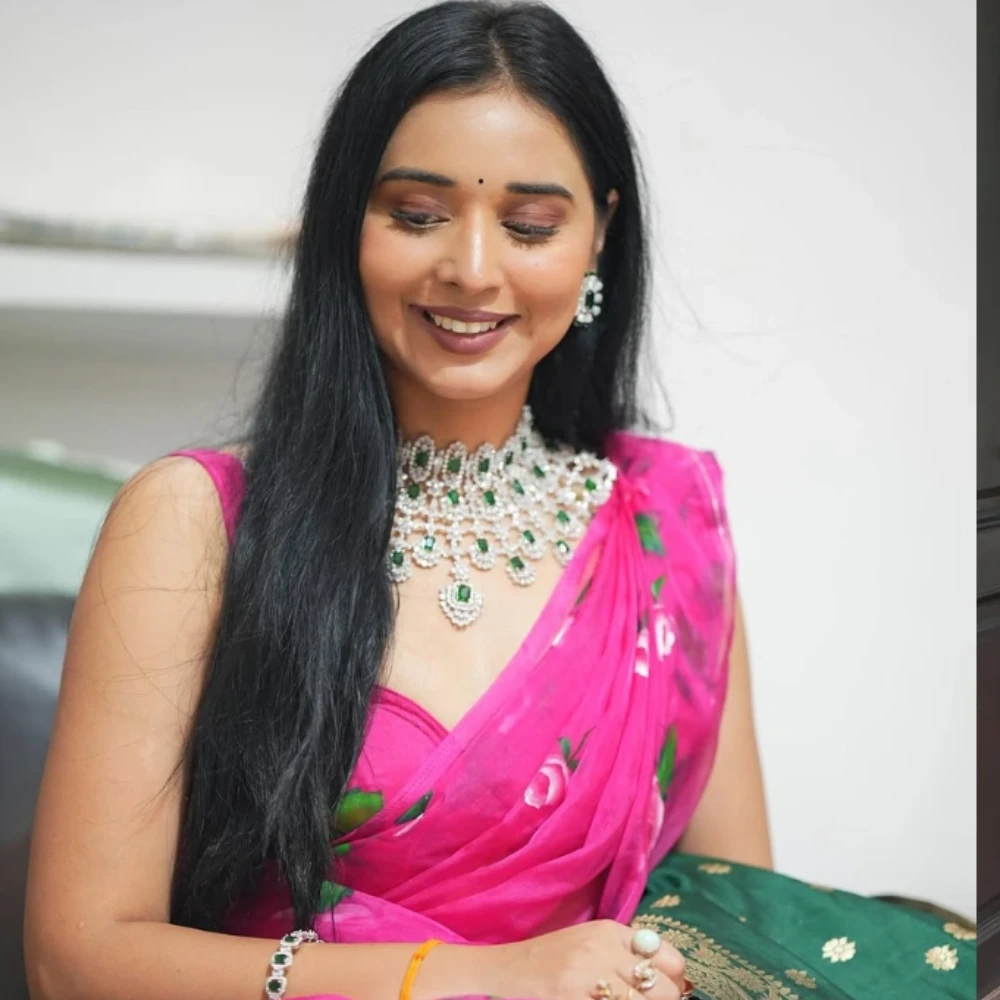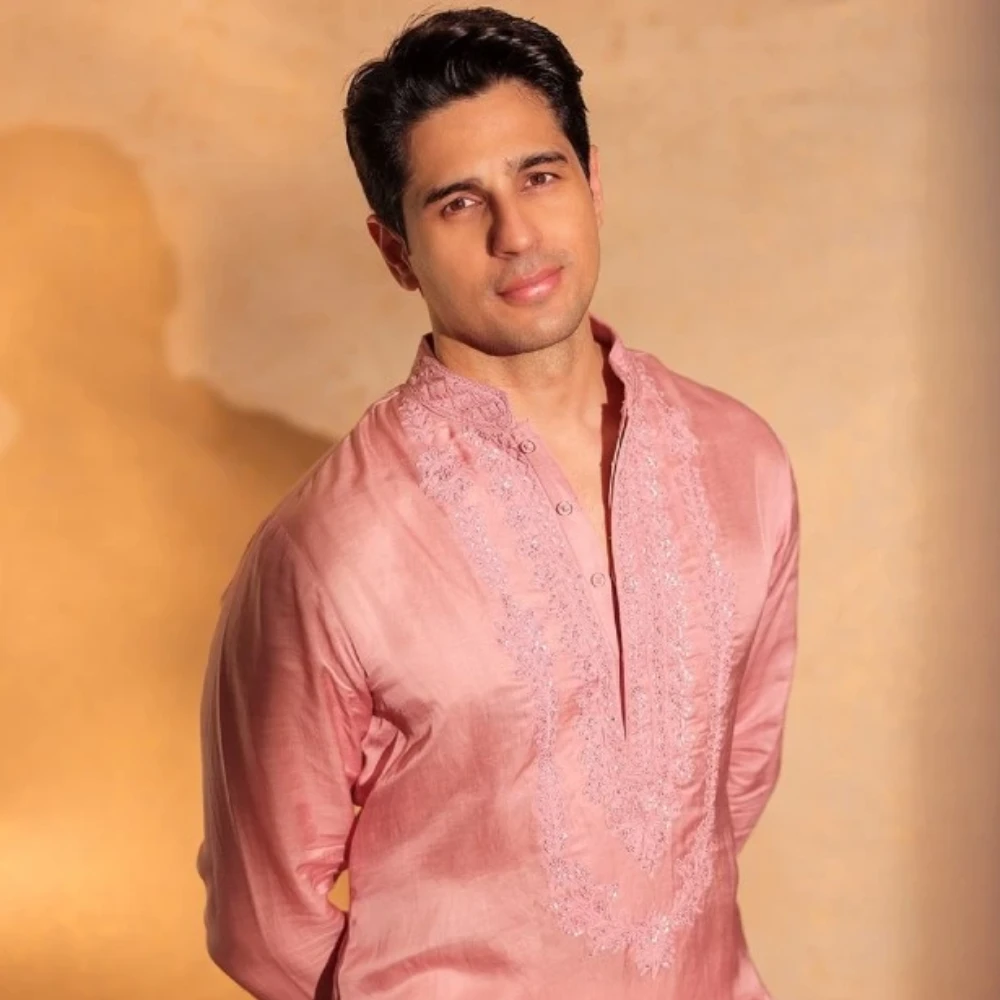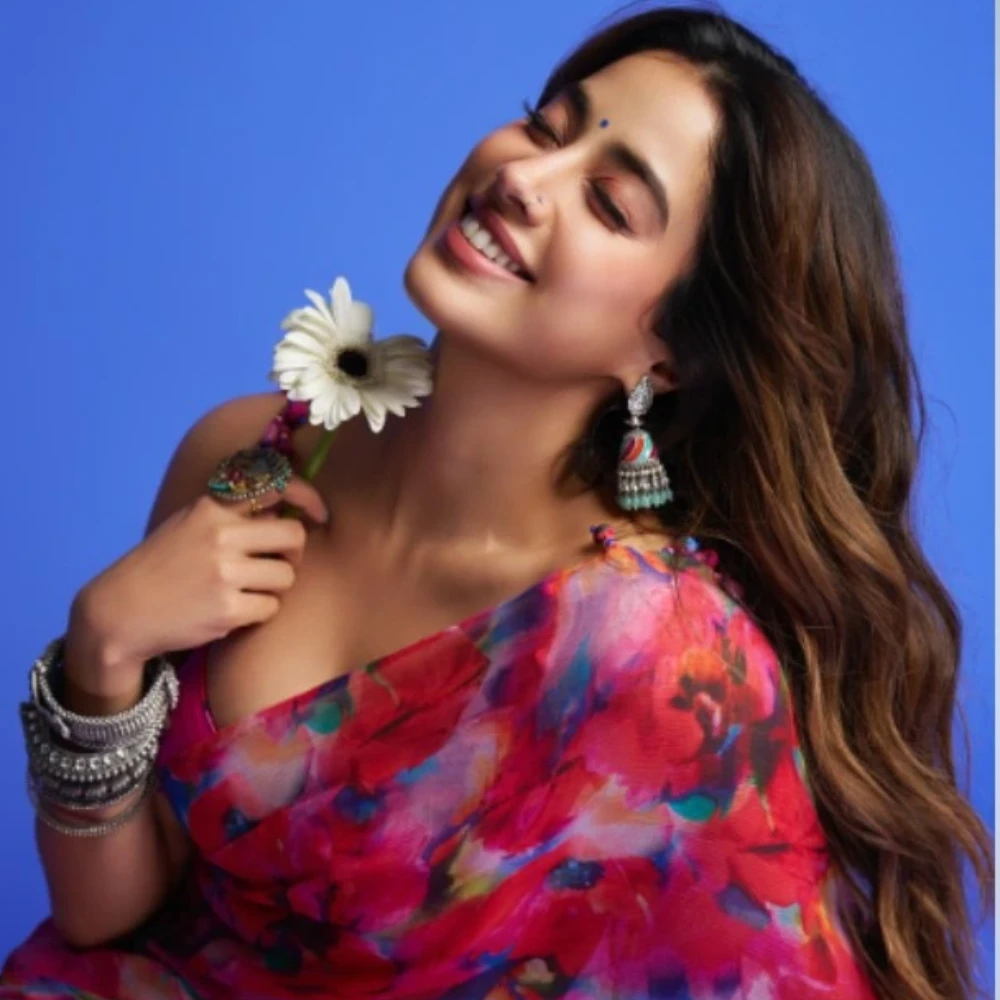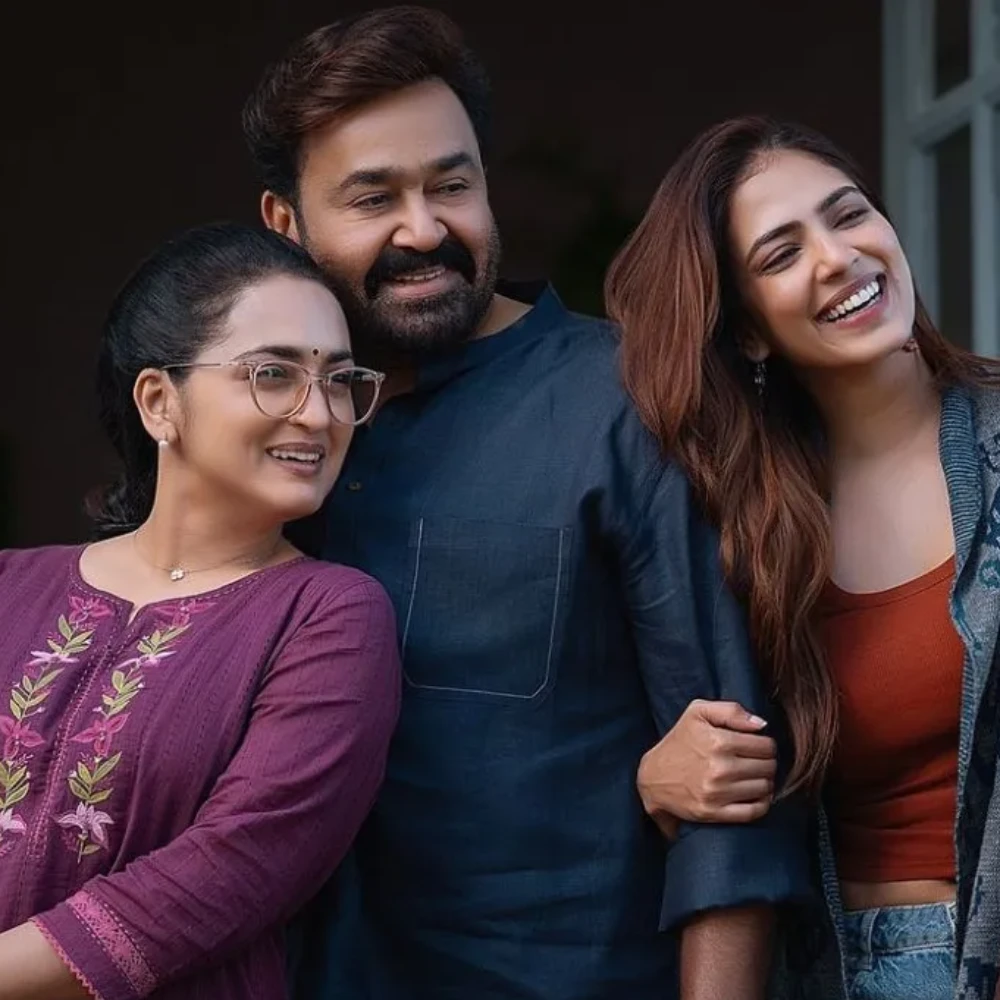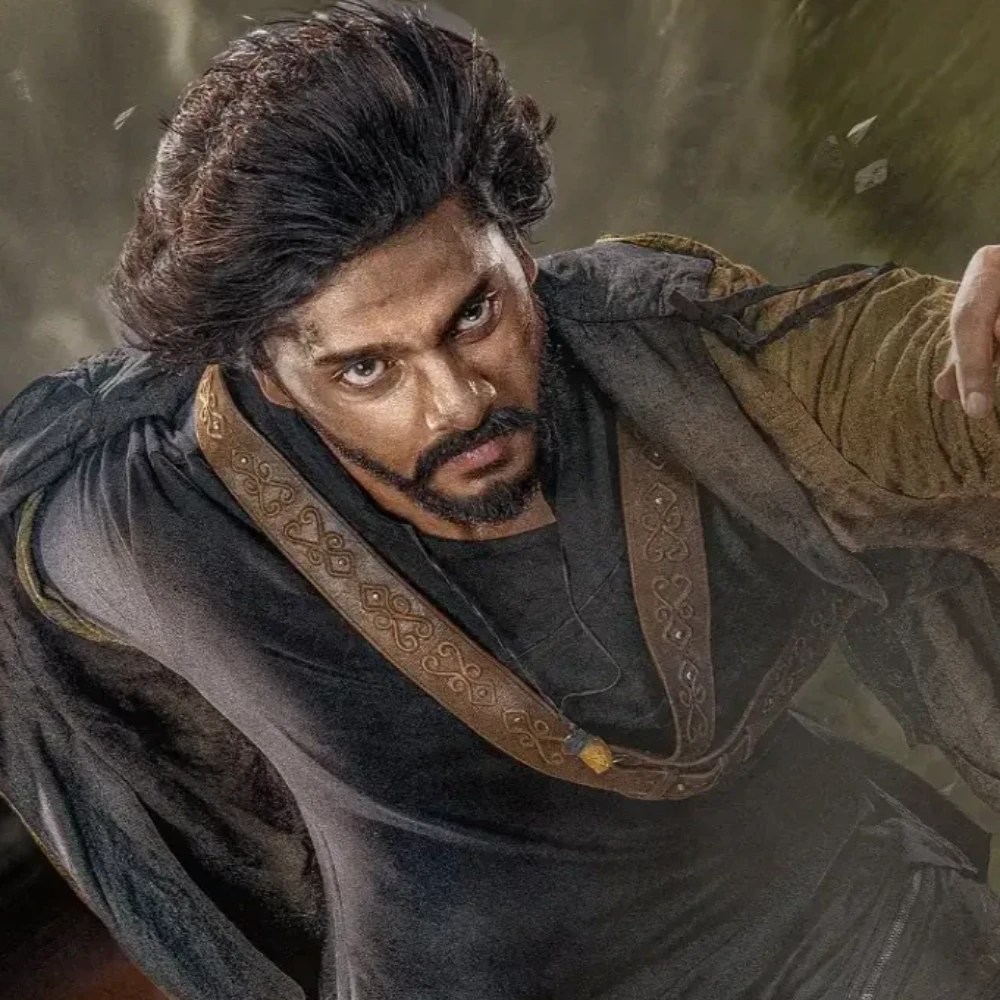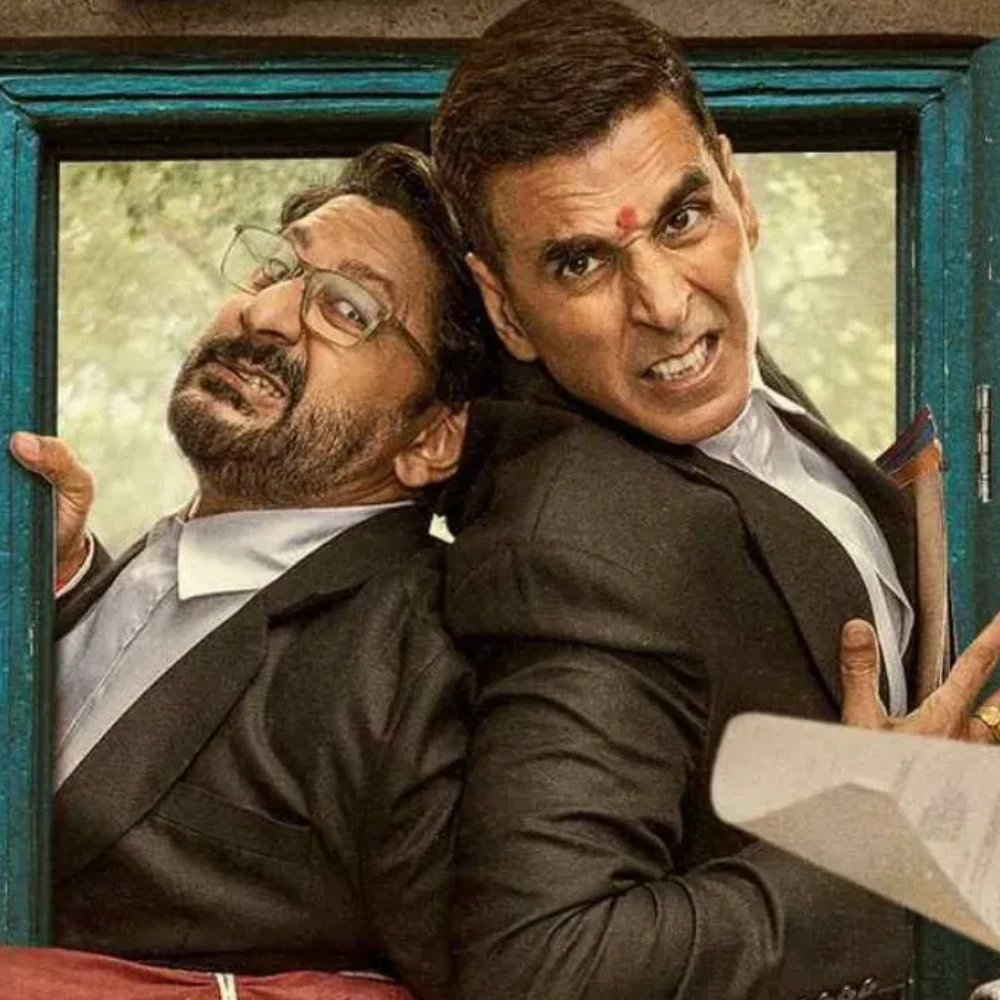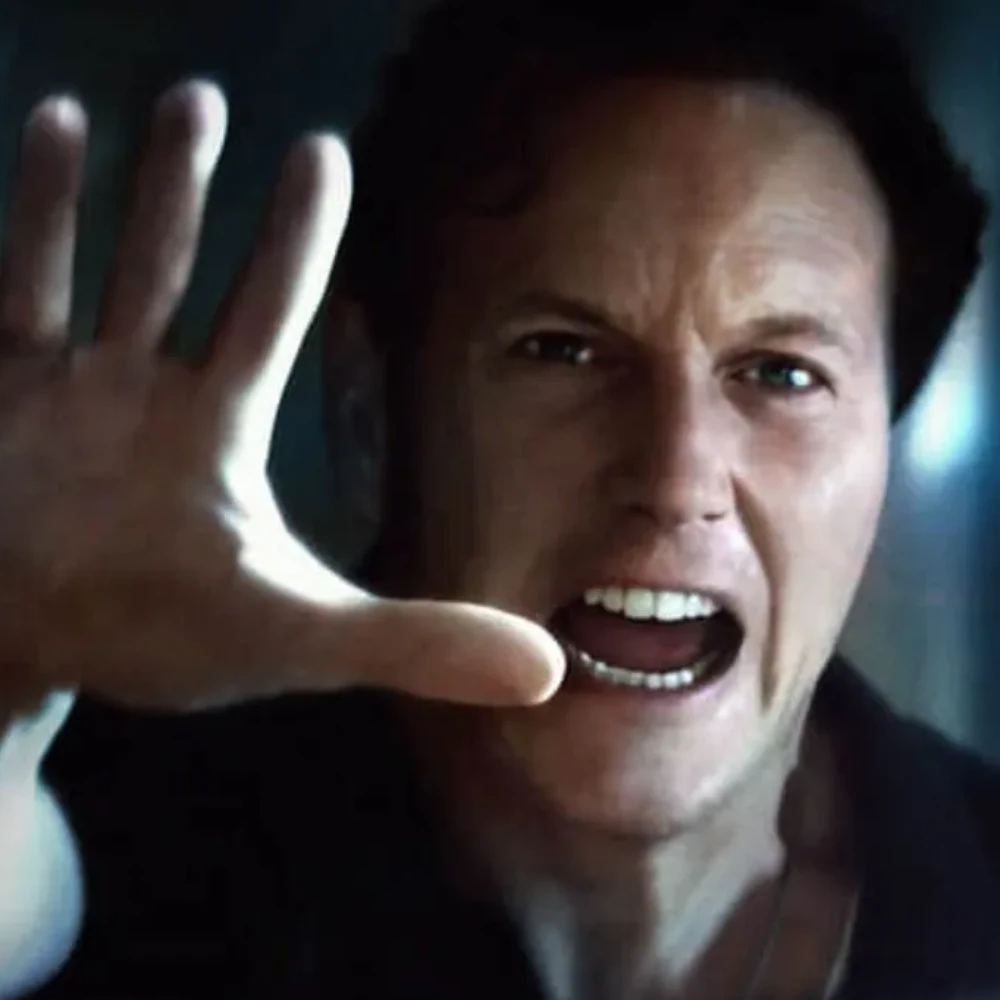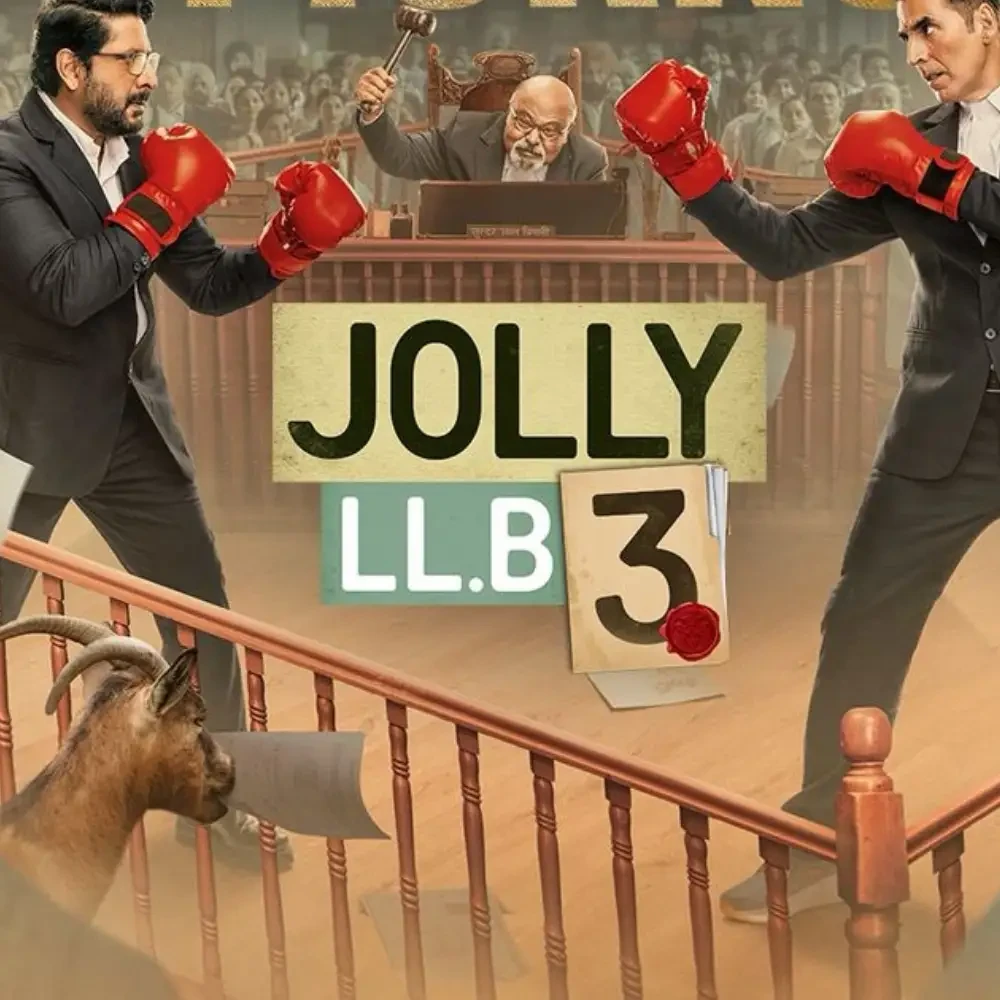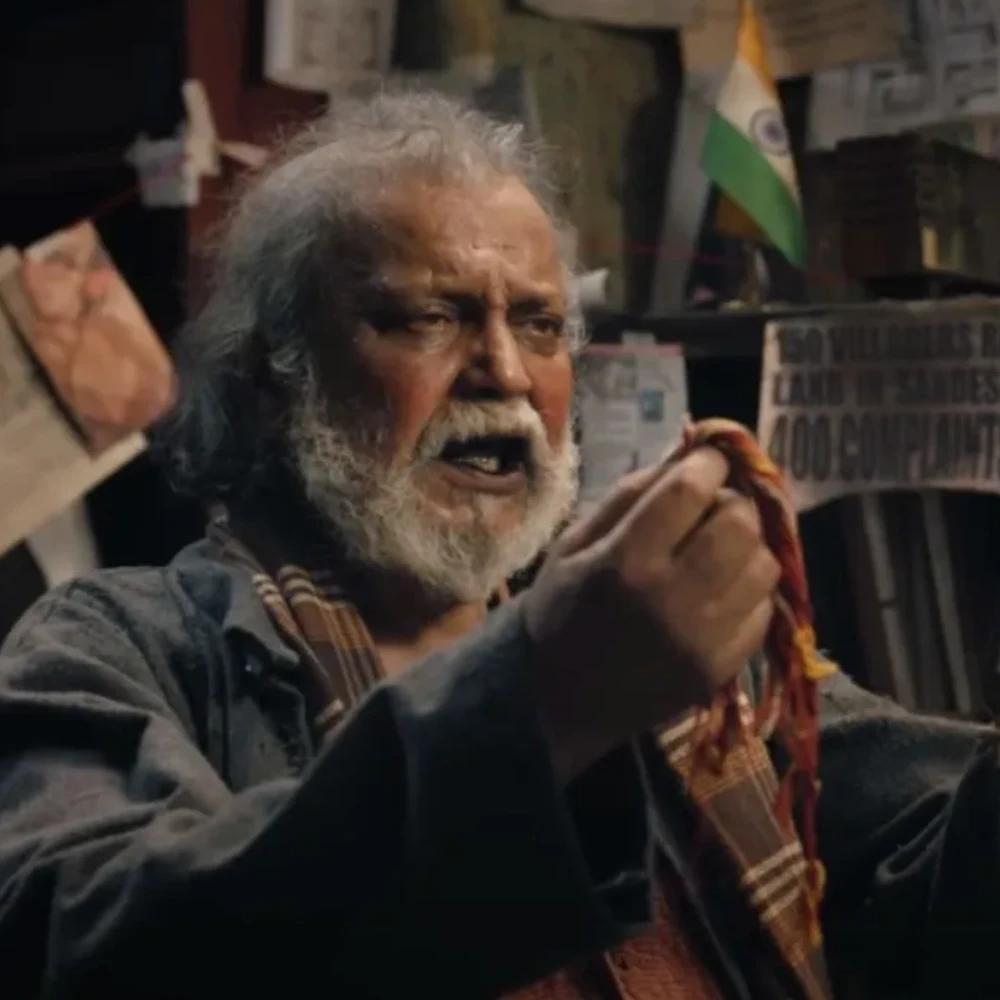EXCLUSIVE: Alankrita Srivastava on Dolly Kitty Aur Woh Chamakte Sitare, feminism, budgets for women led films
In a candid chat, I ask Alankrita Shrivastava about the process of putting together Dolly Kitty Aur Woh Chamakte Sitare, any hiccups she faced, if she sees a change within the industry in terms of women-led movies, budgets allotted to the same, the insider and outsider debate, and feminism. Read.
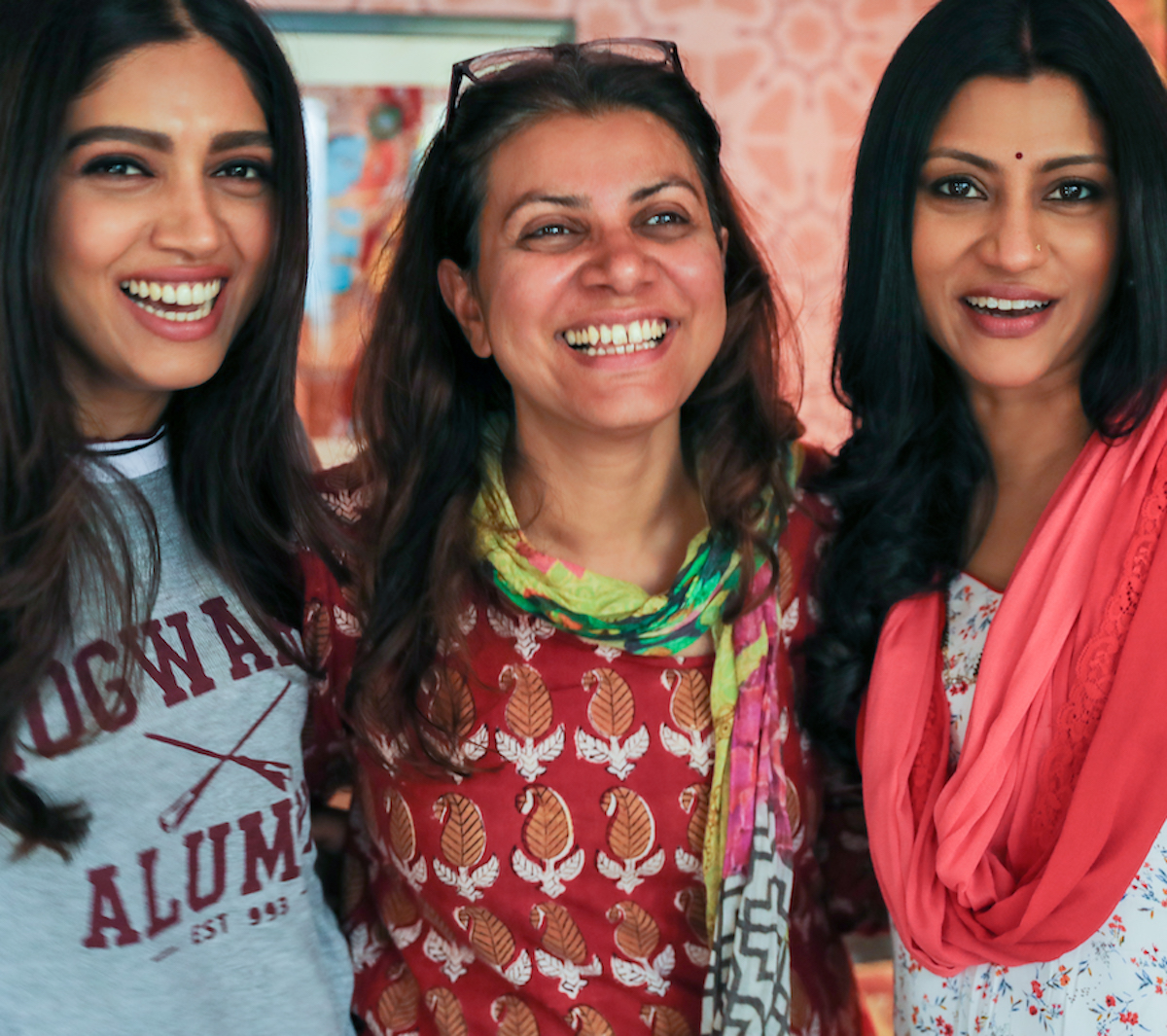
With films like Dolly Kitty Aur Woh Chamakte Sitare, Lipstick Under My Burkha, Alankrita Srivastava is changing the way the audience looks at women in cinema. Telling their stories and their inner battles is what Alankrita is passionate about and her work is a testimony to it. After the stupendous success of Lipstick Under My Burkha, Srivastava's next Dolly Kitty Aur Woh Chamakte Sitare released on Netflix recently and was trending number 1. While there has been a mixed reaction to the film, Alankrita's effort to tell a tale with a female gaze received applause. In a candid chat, I ask her about the process of the film, any hiccups she faced, if she sees a change within the industry in terms of women-led movies, budgets allotted to the same, the insider and outsider debate, and feminism. Excerpts below:
What was your process like for Dolly Kitty Aur Woh Chamakte Sitare? Given that Lipstick Under My Burkha faced a lot of hurdles during release, did you face any hiccups with this movie?
To be honest, Dolly Kitty Aur Woh Chamakte Sitare actually had a smoother run than Lipstick. I had first written a small draft for it even before I started Lipstick. Later, once Lipstick was filmed and everything, I sat on this and it was a very organic process. Balaji was keen that they wanted to collaborate with me for another film. This was an idea which I already had. I started writing a more polished draft for it and both Bhumi and Konkana came on board for it. It was a fairly smooth process for this film. I had a great time working on it. I have been very excited about the film because I really love the characters of Dolly and Kitty, and I just feel that they are women who are very alive, delightful, and unapologetic yet there are so many internal battles that they are fighting. There are so many things they have to overcome. The film explores the fact that there are various ways in which women impact each other. It doesn't need to be always in that sugar-coated manner. I wanted to explore that kind of relationship between these two cousins. Also, what you perhaps think you will find in a city can be very different from reality.
Given that the movie is essentially written from a female point of view and is about their wants and desire, a concept which is still foreign to patriarchy, do you have filters in mind when you draft it?
I try not to think about the audience too much while I am writing. I know there are many filmmakers who think they understand what an audience will like, what they feel, and how they will react. I don't think I have that quality. I only know what works for me and makes sense to me. Honestly, I write in a way knowing this is a story I would want to watch. I feel I write things basis on my judgement and I find that more freeing because I can't know what the audience would like, and think from their head. Subconsciously, I think since we have brought up in a certain way, certain things are in your head anyway, which automatically filter things. But, when I write I don't judge the characters at all and don't want people to judge as well. I write from the place of empathy and not judgement. Social conventions regarding how a woman should be anyway are so skewed that they don't help the women live the way they want to live.
I think eventually we need a situation where 50% of the films that come have female protagonists. I think that is equality
Alankrita Srivastava
However, with directors like you, Zoya Akhtar, Rhea Kapoor, Shonali Bose, things are changing. Do you see the change in acceptance within the industry?
Definitely, the audience is exposed to much more content, many more series and films from different parts of the world and sensibilities. I definitely feel that has changed the audience's taste and openness to stories that do not follow a set formula that was there a few years ago. Definitely, there is a change. We saw that with a show like Made In Heaven, the kind of response it got, that would have not been possible on a big screen without censorship. That does encourage you, I was personally very encouraged by the response to Lipstick Under My Burkha. I feel like stories find their audience. As filmmakers and writers, we can just continue to do our work with sincerity.
But do you think the industry is willing to place their bets on women-led stories more today than say 4 years ago?
I think things are better, there are many more films with female protagonists now than there were before. But I am a tapid about celebrating change because it is very small. A lot more needs to happen. First of all, I think eventually we need a situation where 50% of the films that come have female protagonists. I think that is equality, not having 2-3 women-led movies more out of the 1000s which are produced each year. Cinema will change when there are more movies led by women and it is not just that, it is about what is the story, how are looking at her, are you putting her in a box? That's where the female gaze is paramount. Hence, I feel not just films led by women, 50% of films should be made by them too. Until that change happens, it is fine to celebrate small victories, but eventually, the change needs to be far more substantial. I don't know if, in my lifetime, I would be able to see that change. Right now all you know about cinema has been defined by men, how you view it, watch it, it really takes a lot more women in the fray to relook at forms, as well as how we look at characters and use the camera.
Definitely, the budget bias is there. You will not get the same budget if you have a male hero compared to female protagonist
Alankrita Srivastava
Do you feel the biases for budgets allotted to movies led by men and by women?
I would say regular film production sort of system, budgets are still limited for stories led by women. Of course, things are changing because habits are shifting to streaming platforms. There has been a break in the theatre business because of COVID so we don’t know how things will be once everything resumes when it comes to theatrical exhibitions. But, definitely, the budget bias is there. You will not get the same budget if you have a male hero compared to female protagonist because they will always circle back to this is returns we are expecting because it won't get an opening like that. The way the industry is created, it has always allowed the male hero to be the centre of things. It is a self-perpetuated system actually and it is very hard to break that. It is always like a battle whether it is studios, broadcasters, or the producers, they will put it on the audience. "We can't give such big budgets to this film because the audience won’t come." And the audience doesn't respond in the same way. That's why I feel streaming platforms are more democratic platforms that allows women to tell stories. But I feel equality needs to be there across the board, things are changing for the better but I hope there is more change.
The problem that I see is that is not about insider or outsider; it is about mainstream vs independent cinema
Alankrita
About the insider and outsider debate, what do you feel?
I think the framework of this debate is baseless. The problem that I see is that is not about insider or outsider; it is about mainstream vs independent and the real issue in the film industry is that there is very little space for independent cinema and independent voices with an alternative point of voice, stories which challenge the status-quo and are essentially not star-driven. I feel that is the major problem and it is a very systematic problem. Before you have the same resources, you are going to the same people to sell a Baaghi, Bajrangi Bhaijaan, and a Masaan. All are very different kinds of films. I feel the problem is newer voices in cinema don't get enough space in a very systematic way which has to do with the distribution and exhibition of a film.
All men benefit from the patriarchy that's why we keep hearing words like 'Feminazi'; which I think is offensive and not required
Alankrita Srivastava
Feminism is a subject that has been twisted and tweaked many-a-times by everyone as per convenience. We have seen women sometimes saying they are not feminists, which essentially is a movement towards an equal world. Any Comment?
I must say that I find it appalling when women turn around and say that they are not feminists. I don't think they realise that this word has been essentially very unequal for a very long time, all the rights we enjoy today, we enjoy because women of generations before us have fought for it. I find that a lot of women don’t get it. If someone says that they don't believe in feminism or equality, I always ask them, then who do they want? They want to be second class citizens, forced to only phuko the chulla, and not use your potential to do something. Apart from that, feminism is a very broad word, there is a lot of intersectionality in this, women of a certain class or caste have different experiences. Feminism should be a broad theme behind which women can unite. One thing is certain, patriarchy crosses all barriers so I think it is important that women own the idea of feminism, because it is about equality of choice and opportunities.
All men benefit from the patriarchy that's why we keep hearing words like 'Feminazi'; which I think is offensive and not required.





 JOIN OUR WHATSAPP CHANNEL
JOIN OUR WHATSAPP CHANNEL